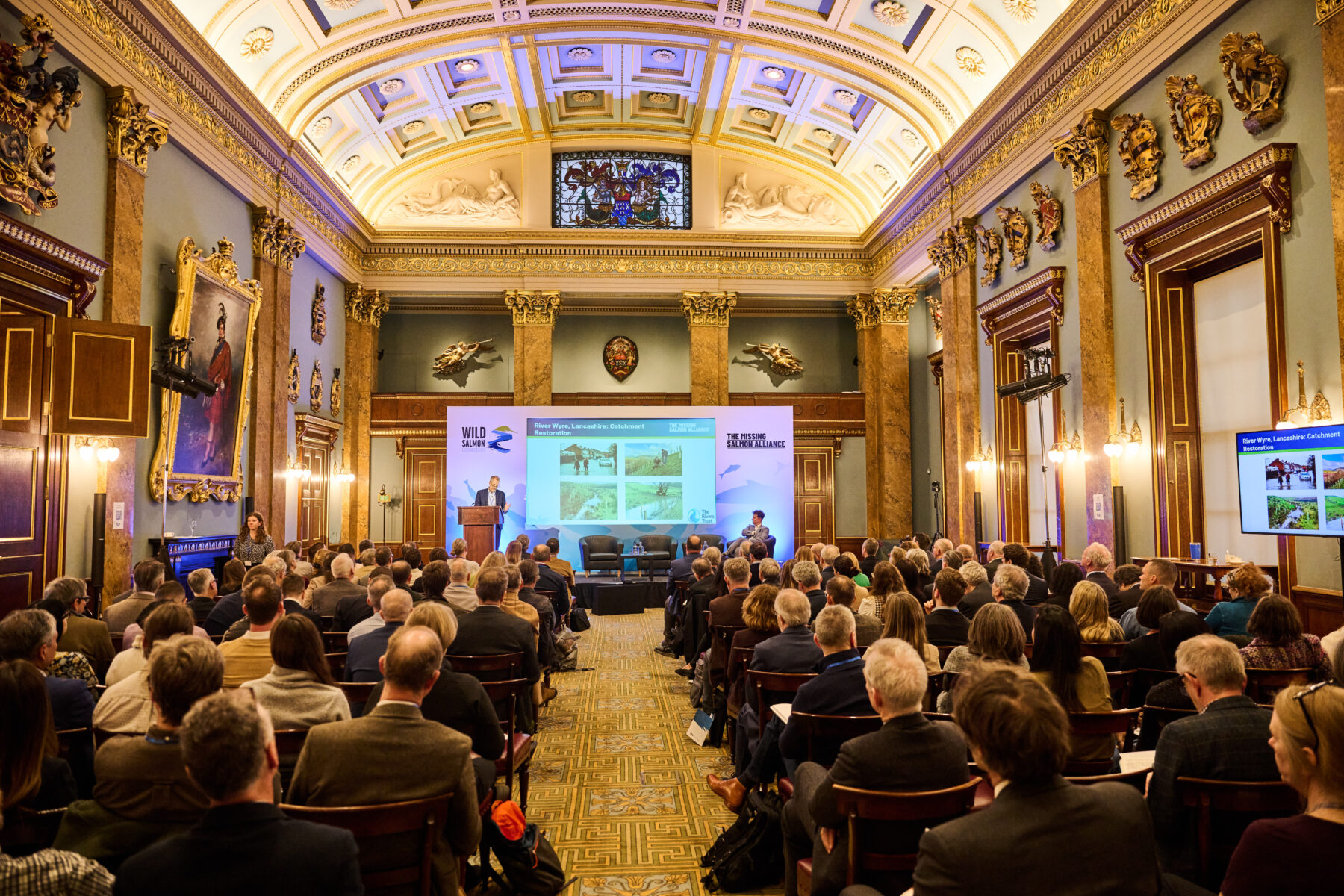
The conference energises cross-border cooperation and sees renewed commitments to tackle the wild salmon crisis.
From January 27-29 2025, the world’s most significant international gathering of wild salmon conservation groups for many years, came together in London at Fishmongers’ Hall, aligning efforts behind a renewed global commitment to conserve, protect and restore wild salmon across both the Atlantic and Pacific. The message – wild salmon are in crisis, but there is hope.
The event was organised with our partners in the Missing Salmon Alliance, together with the Pacific Salmon Foundation and Atlantic Salmon Federation both based in Canada, Norwegian Salmon Rivers (Norske Lakseelver), and Long Live the Kings from the United States. In addition, speakers and audience members attended from across the northern hemisphere to contribute to this huge combined effort to move salmon recovery into a higher gear. It was generously supported by The Fishmongers’ Company, Newcore Capital, YETI and the Tenzing Piton Trust.
The conference took place just over a year on from when the Atlantic salmon was declared an endangered species in Great Britain by the International Union for the Conservation of Nature (IUCN), with data indicating the trend of a continued decline. This story is echoed across the Atlantic. In the Pacific 70% of salmon populations are below their long-term average. A powerful short film voiced by actor, Dominic West (The Crown, SAS: Rogue Heroes), opened the conference and made a plea to governments, regulators and industry – ‘Wild salmon are in crisis, but there is hope. We must commit to bold action, and it must start now.’ This was a key message repeated throughout the event – not to dwell on the many well-understood problems wild salmon face, but to highlight, share and inspire the solutions required to give them a better future.
Among the event’s keynote speakers were leading cultural representatives, senior economists, and government minsters. The event began however with a touching presentation from a group of schoolchildren who had taken part in the Thames Salmon School programme – an innovative, international educational project delivered as a collaborative effort across the Thames basin with the support of local river trusts and the Missing Salmon Alliance, which combines art and science to inspire the next generation to connect with rivers and wildlife. It is based on The Salmon School installation, a project started by renowned American artist, Joseph Rossano, which has travelled the world to raise awareness of the plight of wild salmon, including at COP26 in Glasgow, and at Balmoral.
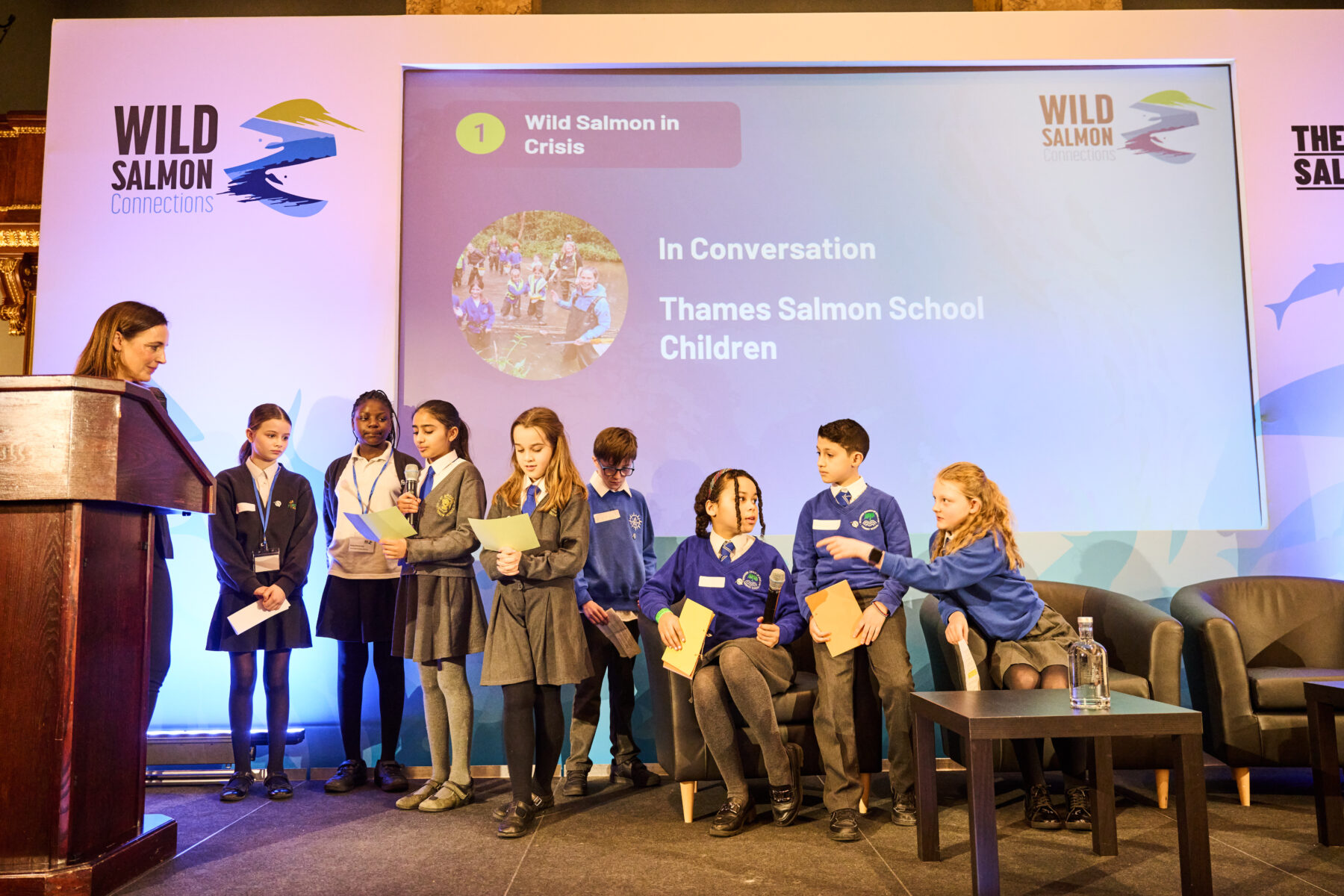
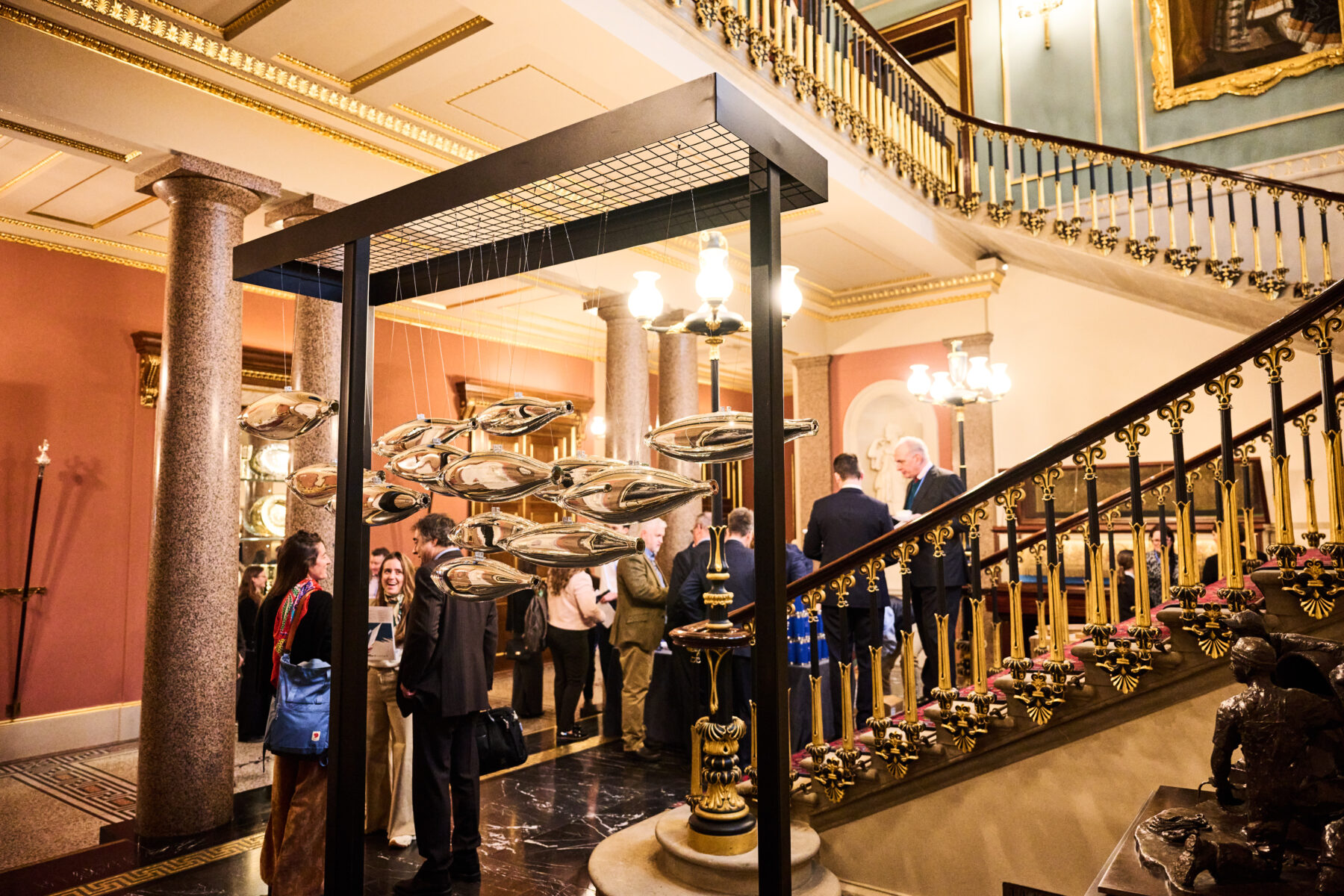
Inspiring governments and industry to place far more value on wild salmon recovery was the conference’s core ambition. Keynote speaker, Professor Sir Dieter Helm of Oxford University, who advises the UK and European governments on Energy & Climate; Regulation, Utilities & Infrastructure; and Natural Capital & the Environment, made clear that wild salmon must be seen as an essential part of our shared ‘natural capital’.
He said ‘Renewable natural capital is the stuff that nature gives us for free and keeps on giving us for free forever, provided we don’t over deplete it… a salmon stock is the obvious way to think about renewable natural capital, provided we look after its environment, [and] provided we do the right things, then the next generation will have salmon.’
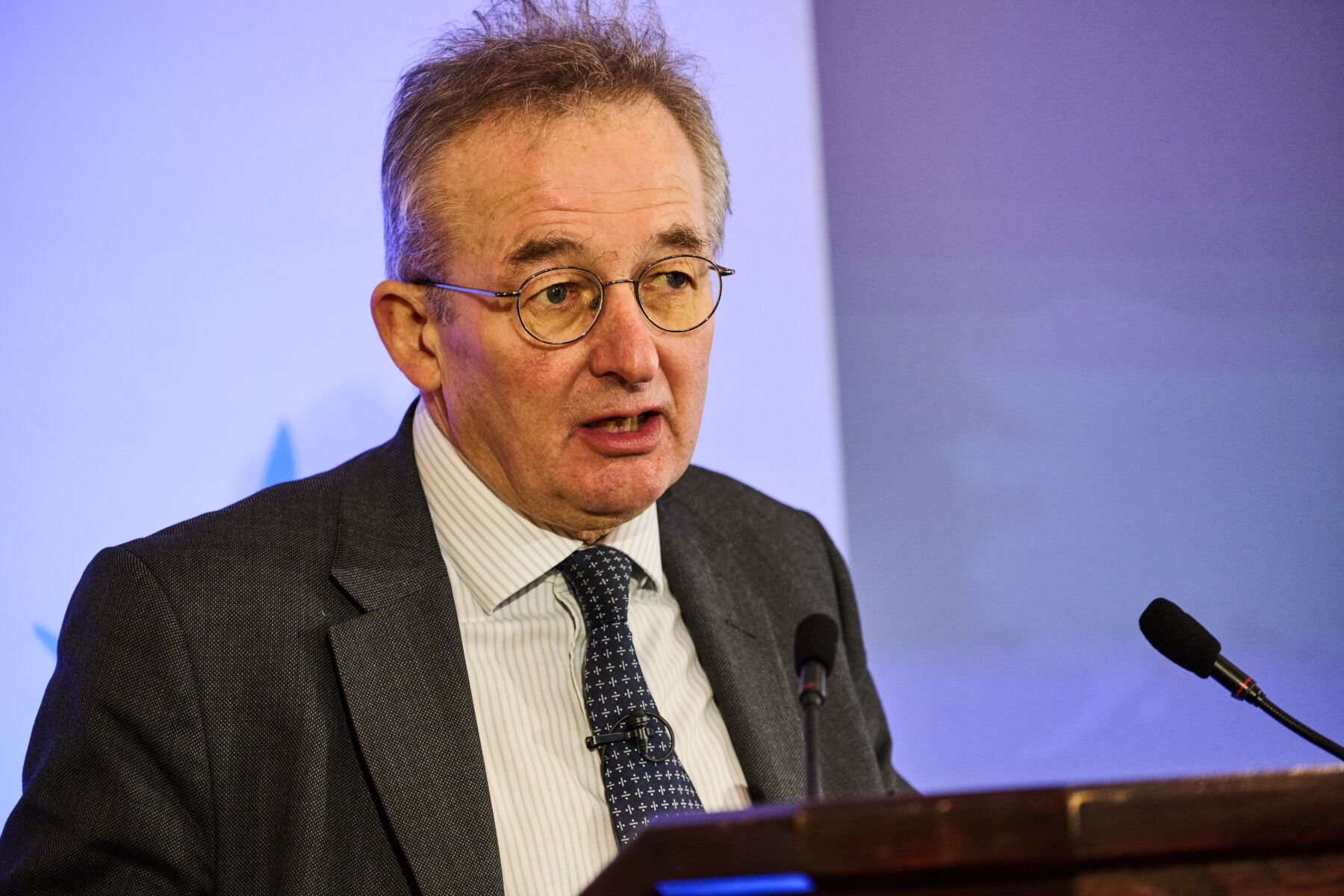
”Renewable natural capital is the stuff that nature gives us for free and keeps on giving us for free forever, provided we don’t over deplete it… a salmon stock is the obvious way to think about renewable natural capital, provided we look after its environment, [and] provided we do the right things, then the next generation will have salmon.’’
Professor Sir Dieter Helm – University of Oxford
Missing Salmon Alliance launches Wild Salmon Declaration and policy asks for England and Scotland
As well as making the economic case for wild salmon restoration, the event invited senior political figures. Daniel Zeichner MP, UK Minister of State for Food Security and Rural Affairs; Mairi Gougeon MSP, Scottish Cabinet Secretary for Rural Affairs, Land Reform and Islands; and Andreas Bjelland Eriksen, Norway’s Minister of Climate and the Environment, all spoke at the event and agreed on the urgent need to do more to protect and restore wild salmon. Their attendance coincided with the release of the Missing Salmon Alliance’s Wild Salmon Declaration and new set of high-level policy asks for England and Scotland. These are now being used to advocate for governments to do more to accelerate efforts to: enact appropriate legislation which puts wild salmon first; make polluters pay; ensure free access to cold, clean water; have joined-up land management practices which reduce impacts on waterways; and improve wild salmon survival at sea, including achieving a proper understanding of the impact of fisheries bycatch.
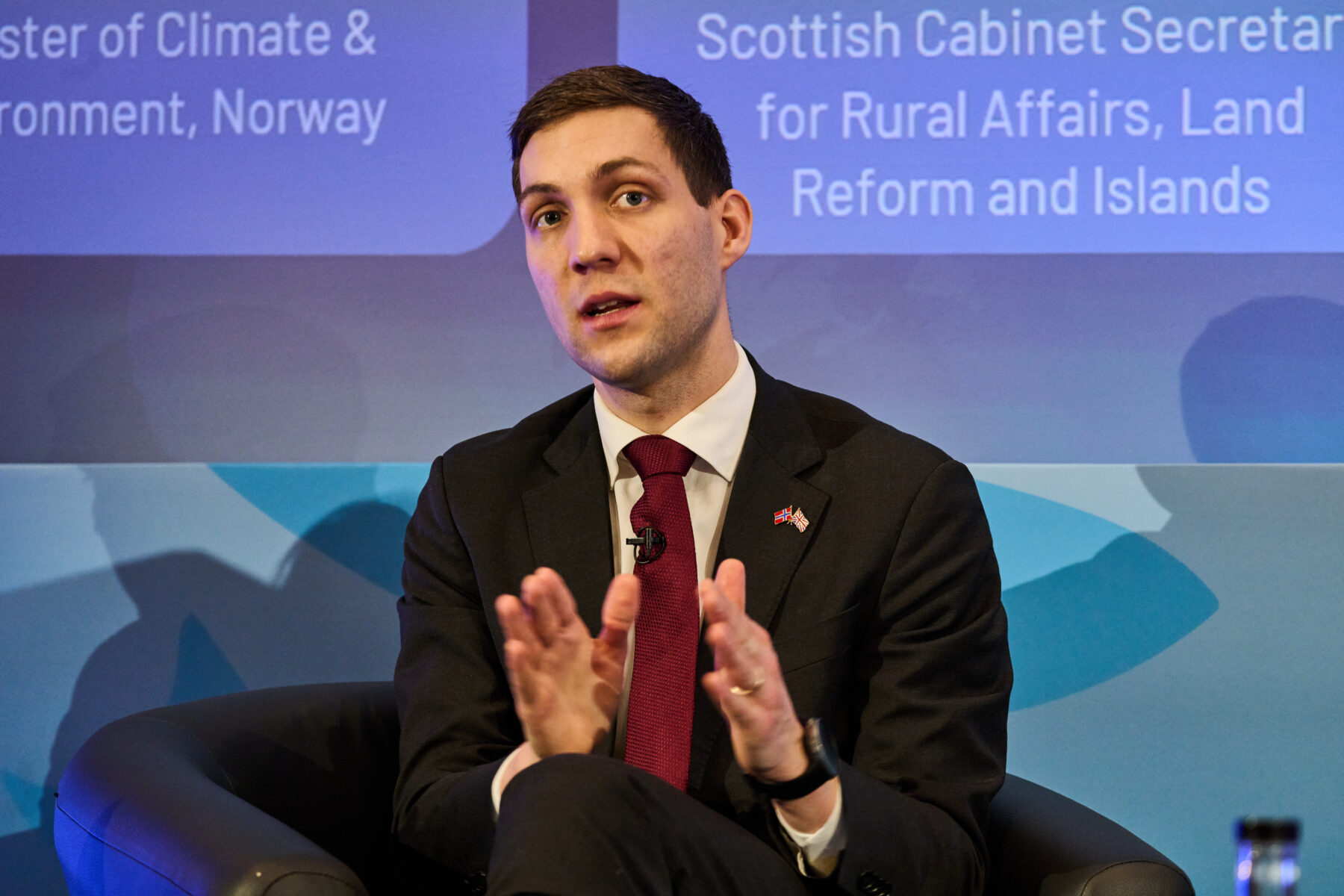
Norwegian Minister of Climate and the Environment
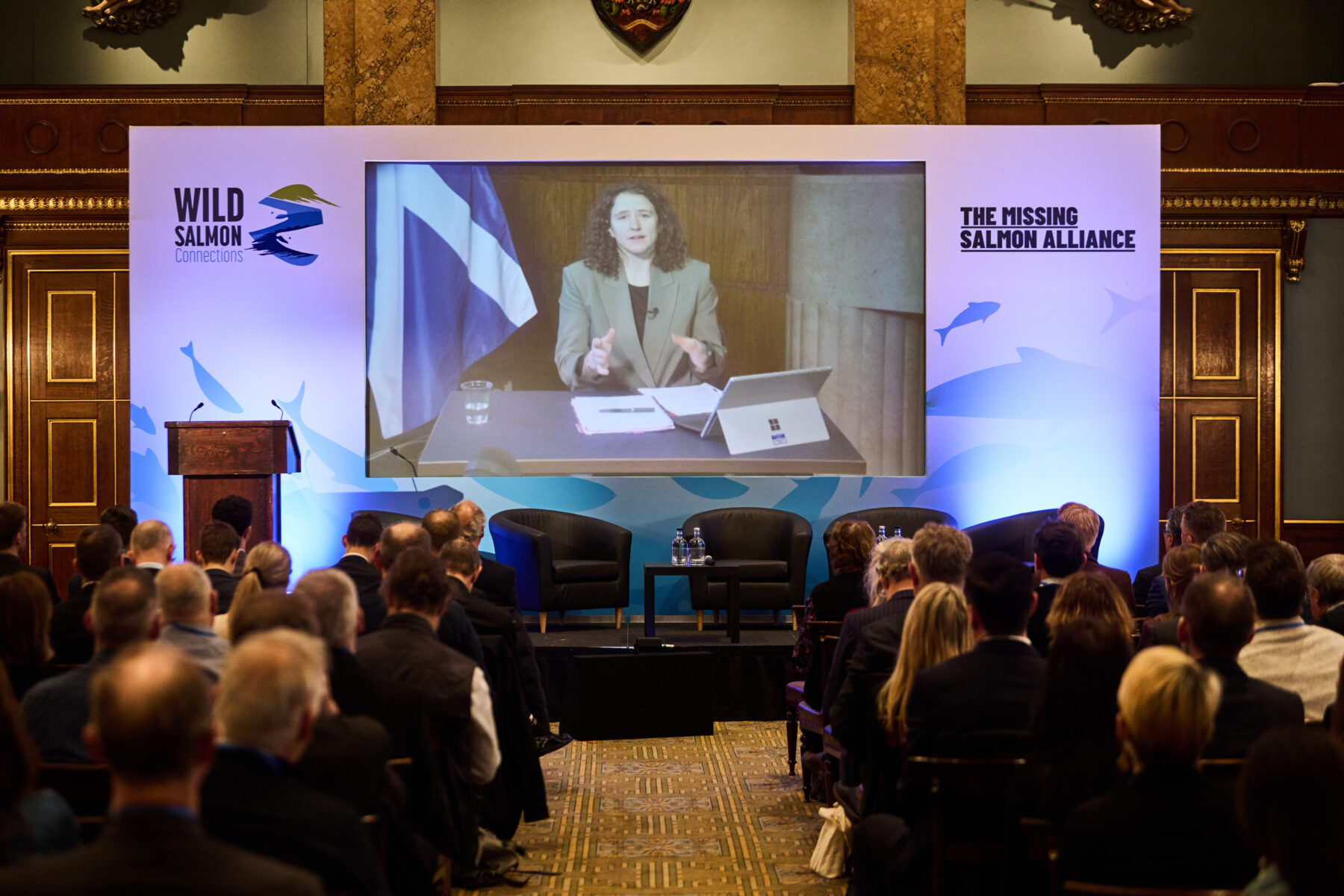
Scottish Cabinet Secretary for Rural Affairs, Land Reform and Islands
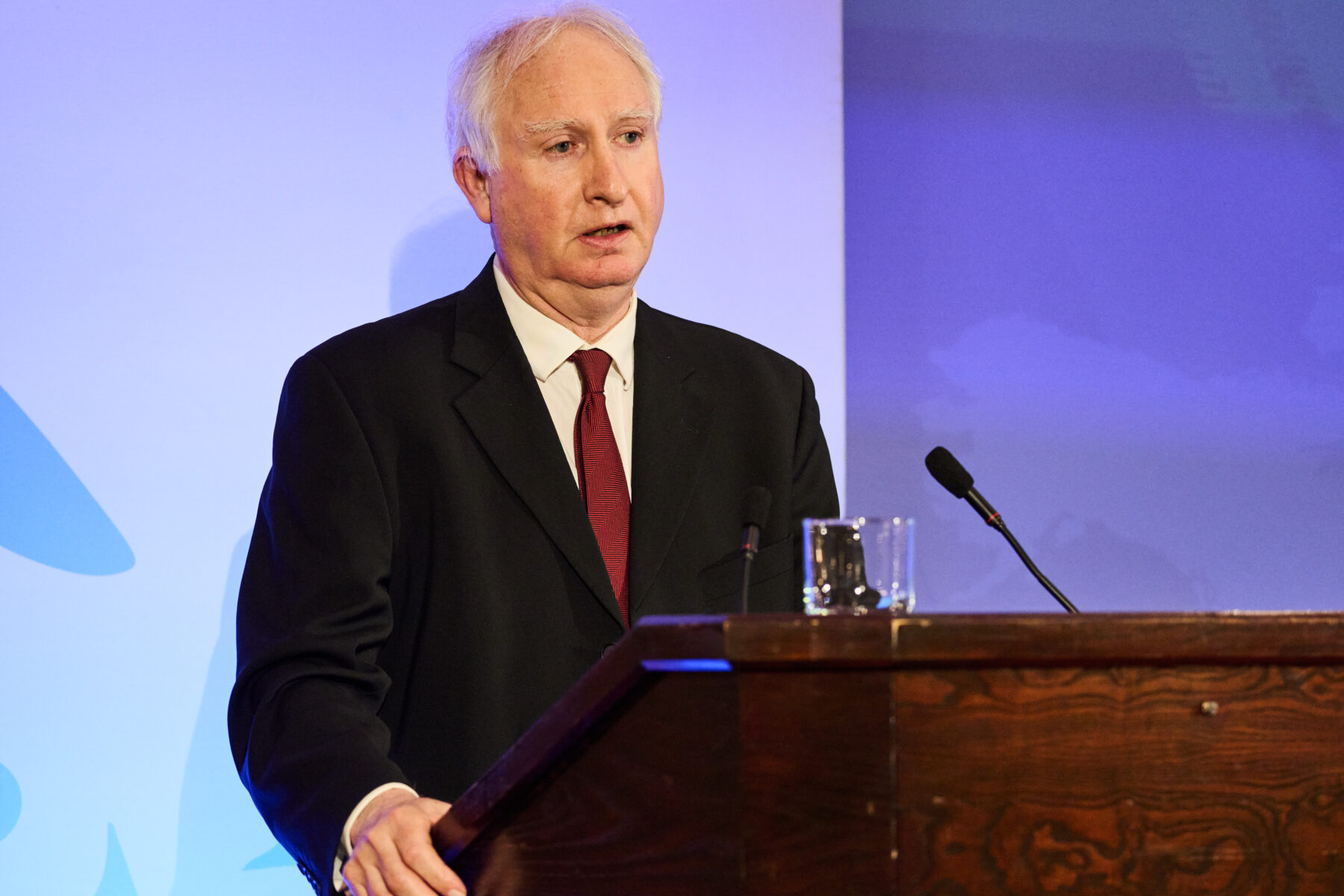
UK Minister of State for Food Security and Rural Affairs
The issue of bycatch was covered in detail, with knowledge gaps highlighted and governments urged to do more to understand the impact on migrating wild salmon. Dr Tom Appleby, Chief of Legal Affairs at the Blue Marine Foundation brought the session to a close, remarking: ‘We have enough legislation, we just need to apply it.’
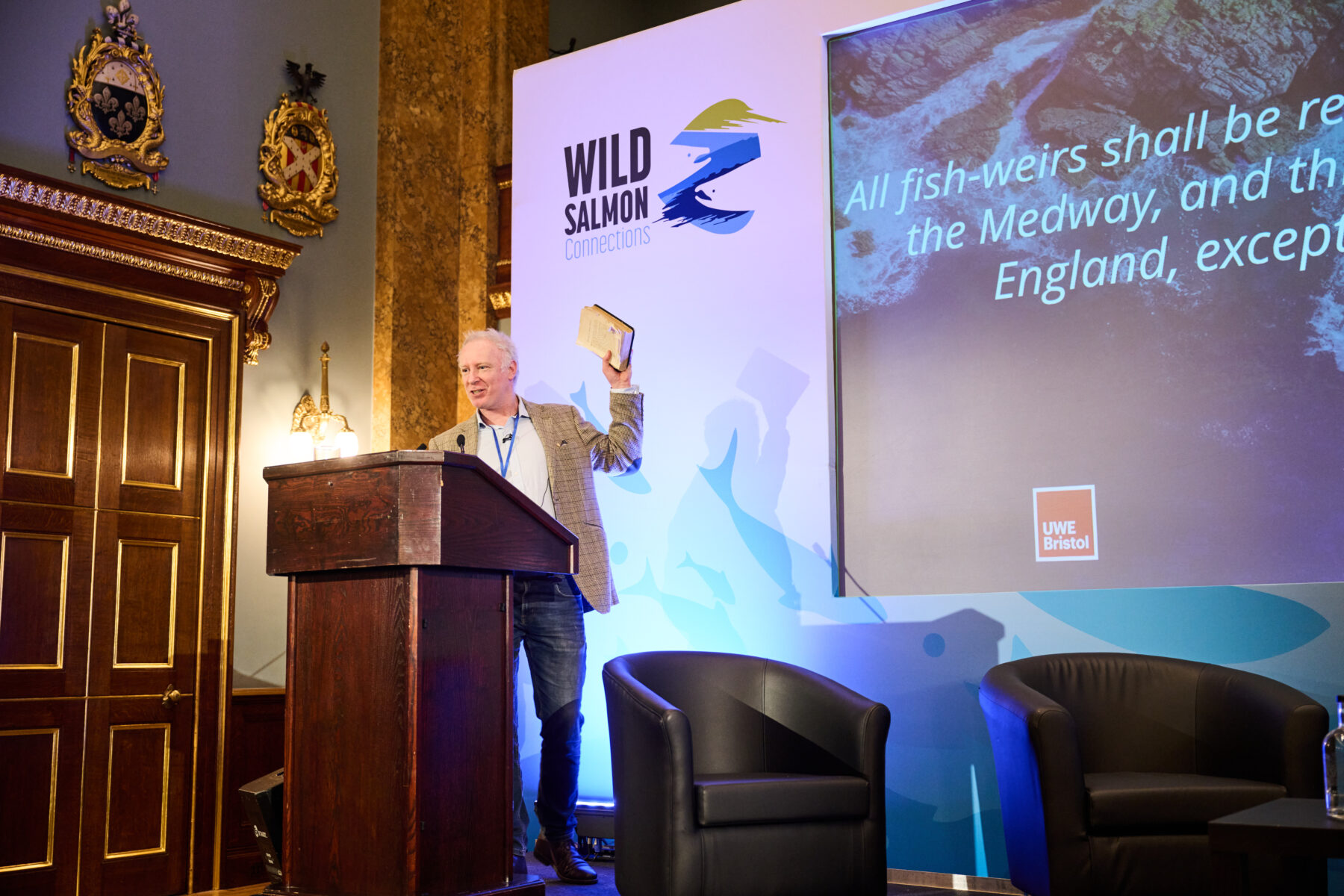
”We have enough legislation, we just need to apply it.”
Dr Tom Appleby – Chief of Legal Affairs, Blue Marine Foundation
Offering positive solutions to the pressures impacting wild salmon
Potential solutions were also presented to reduce the highly-publicised impacts associated with industrial salmon farming, including pioneering approaches to closed containment technology which entirely separates farmed fish from wild fish. Sondre Eide, CEO of Eide Fjordbruck, presented a pioneering sea-based closed containment pod called ‘Water Moon’. Speakers also discussed mitigating the effects of hydropower dams, and achieving catchment-scale habitat restoration.
”We put all our money into this project, even if there was not an economical incentive to do it. We did it because we think it’s the right thing to do.”
Sondre Eide – CEO, Eide Fjordbruck
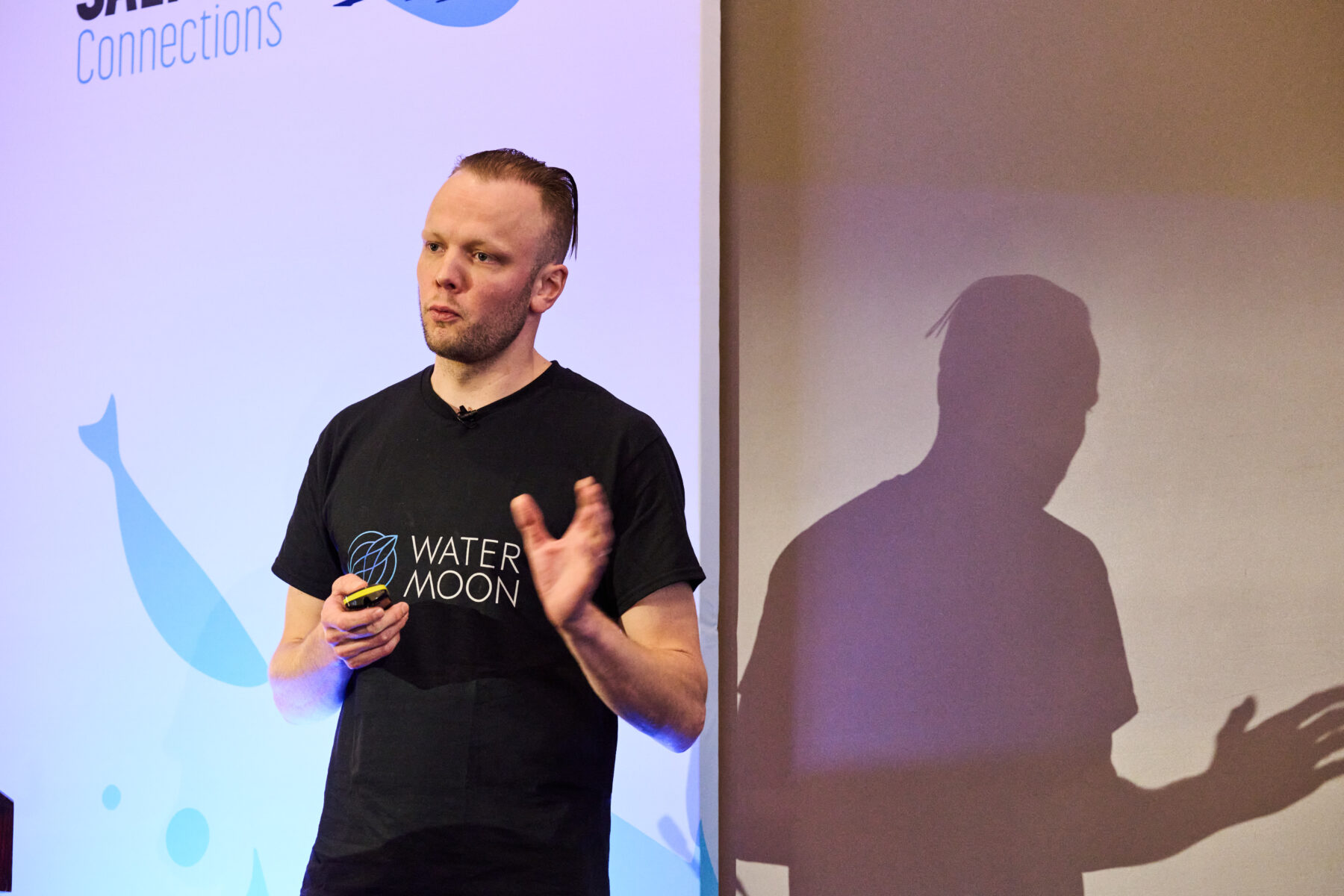
Making the cultural case for wild salmon
The importance of wild salmon to the peoples of the northern hemisphere was also powerfully communicated, underlining the fact that wild salmon recovery is not just an environmental and economic issue, but also a deeply cultural one. Fawn Sharp, Quinault Tribal member and former President of the National Congress of American Indians, spoke of the profound importance of wild salmon to the cultural identity of First Nations peoples – something which was also echoed through stories shared from across the UK and Europe.
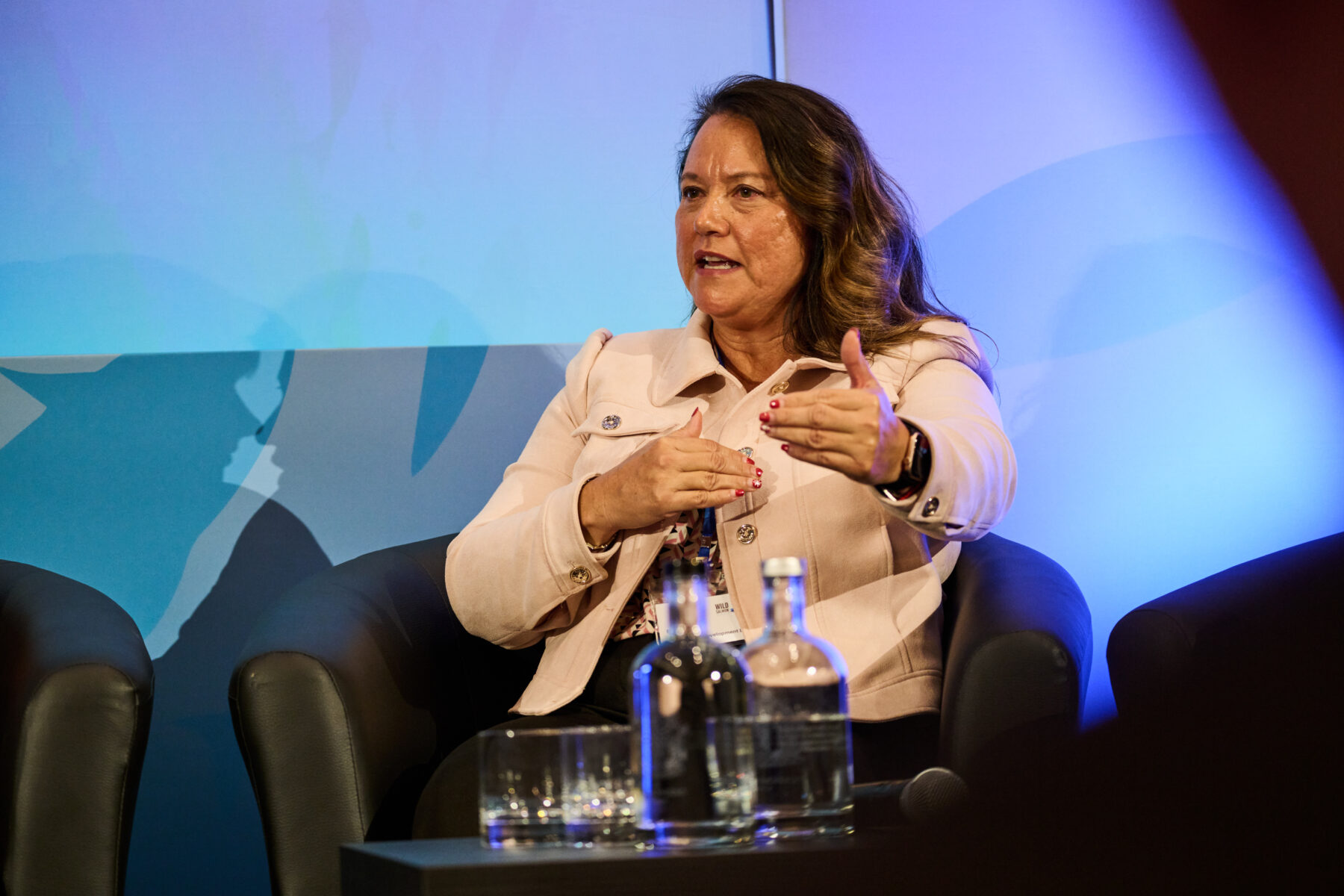
”Salmon are not just sustenance for our people, but they’re part of our ceremonies, they’re part of who we are – our identity.”
Fawn Sharp, Quinault Tribal Member and Former President of the National Congress of American Indians
Alastair Fothergill OBE, the producer behind many of Sir David Attenborough’s nature documentaries, most recently BBC Wild Isles which celebrated wildlife across the UK, including wild salmon, was also a keynote speaker.
In response to reports that the Danish government is challenging the UK’s ban on sandeel fishing (an essential prey species for wild salmon and other wildlife), he urged the UK government to hold firm: ‘It’s a sad fact, though, that at the moment the Danish government are trying to appeal against it. 90 per cent of our sandeel fishing is done by the Danes, and it’s all used to feed their pigs, their captive (farmed) salmon, and also, amazingly, to fire up their power stations. It’s extraordinary, and I really hope the British government stays strong.’
”It’s a sad fact, though, that at the moment the Danish government are trying to appeal against it. 90 per cent of our sandeel fishing is done by the Danes, and it’s all used to feed their pigs, their captive (farmed) salmon, and also, amazingly, to fire up their power stations. It’s extraordinary, and I really hope the British government stays strong.”
Alastair Fothergill OBE – Silverback Films
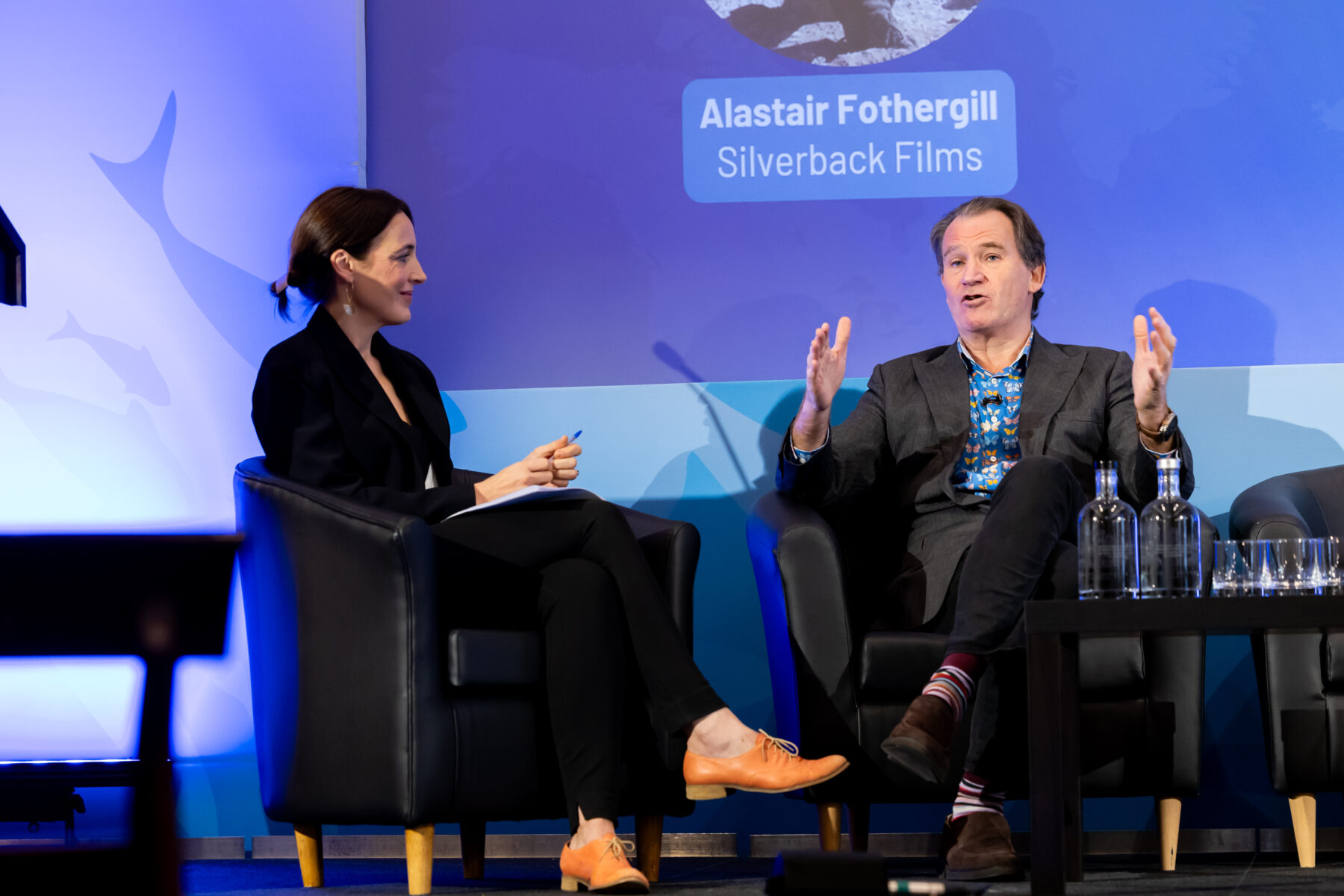
The Missing Salmon Alliance and its international partners are now working closer than ever before to ensure that the cultural, environmental and economic case for wild salmon recovery is at the top of the agenda for governments and businesses in the 21st Century. While significant challenges remain on the road ahead to achieving a thriving future for wild salmon, the key global players are now highly aligned in their strategies to get to that destination.
Scroll down this page to find the links to all three days of conference speeches and presentations on YouTube, or visit the Missing Salmon Alliance YouTube channel here.
Speakers from across the UK
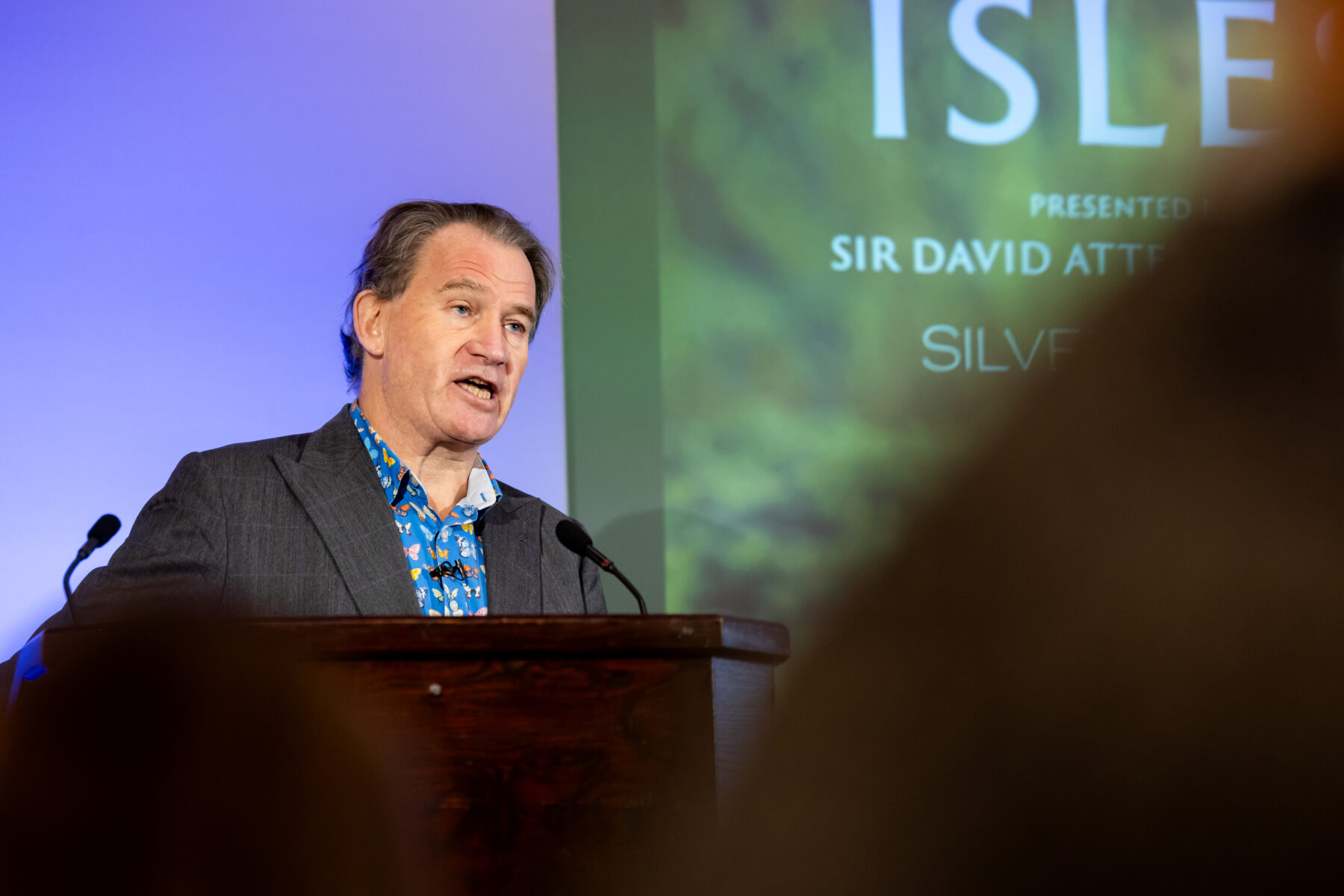

Scottish Cabinet Secretary for Rural Affairs, Land Reform and Islands
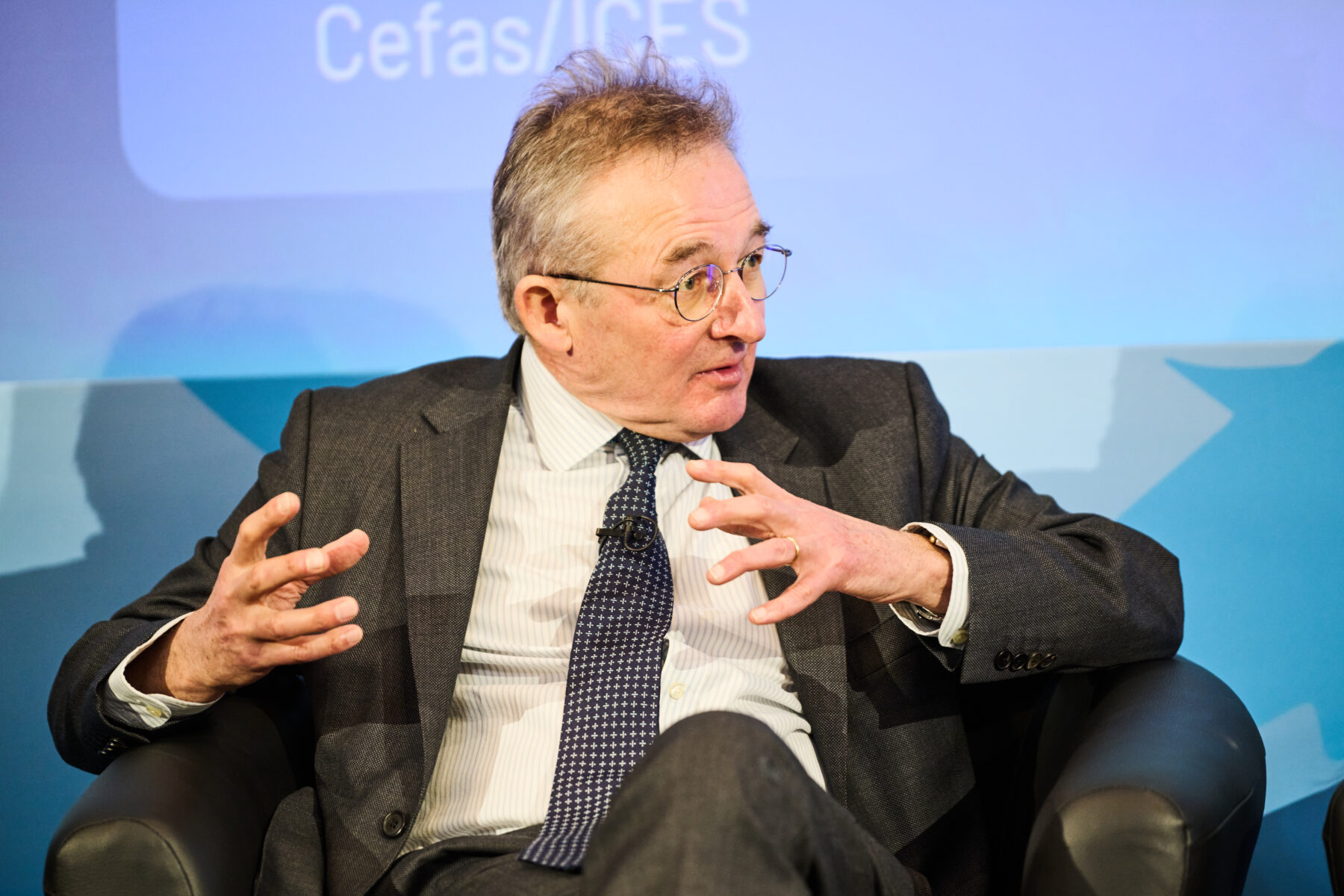
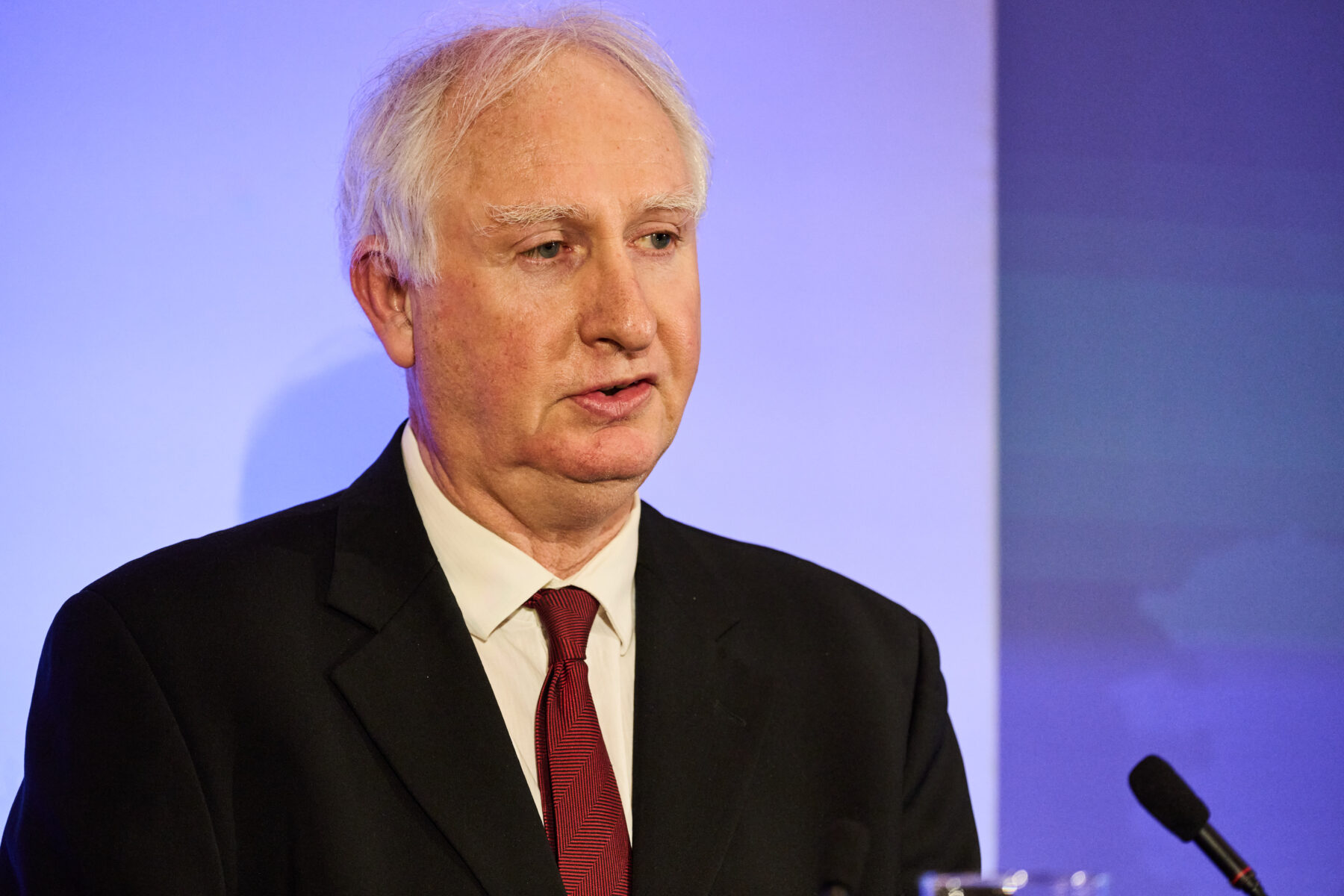
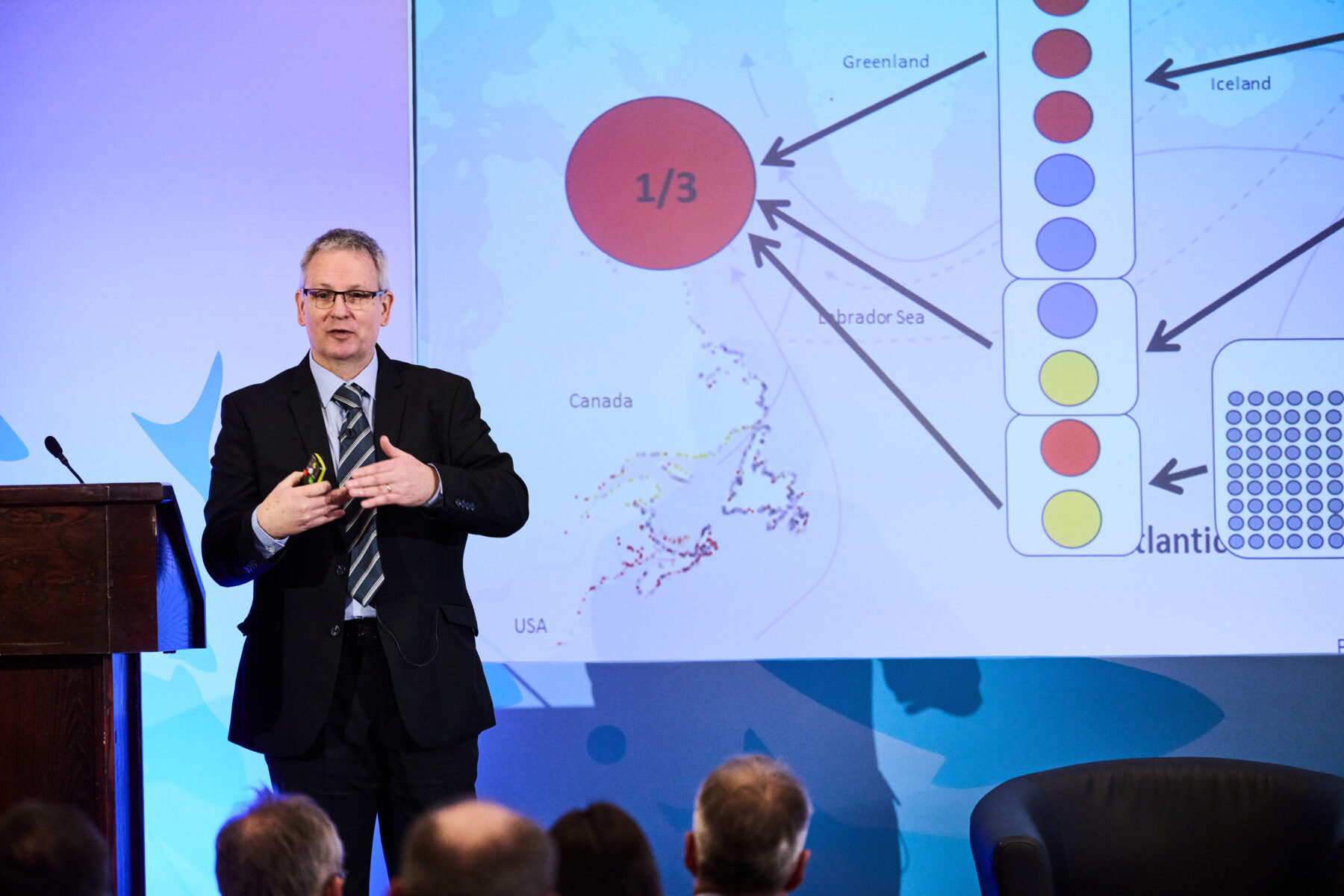
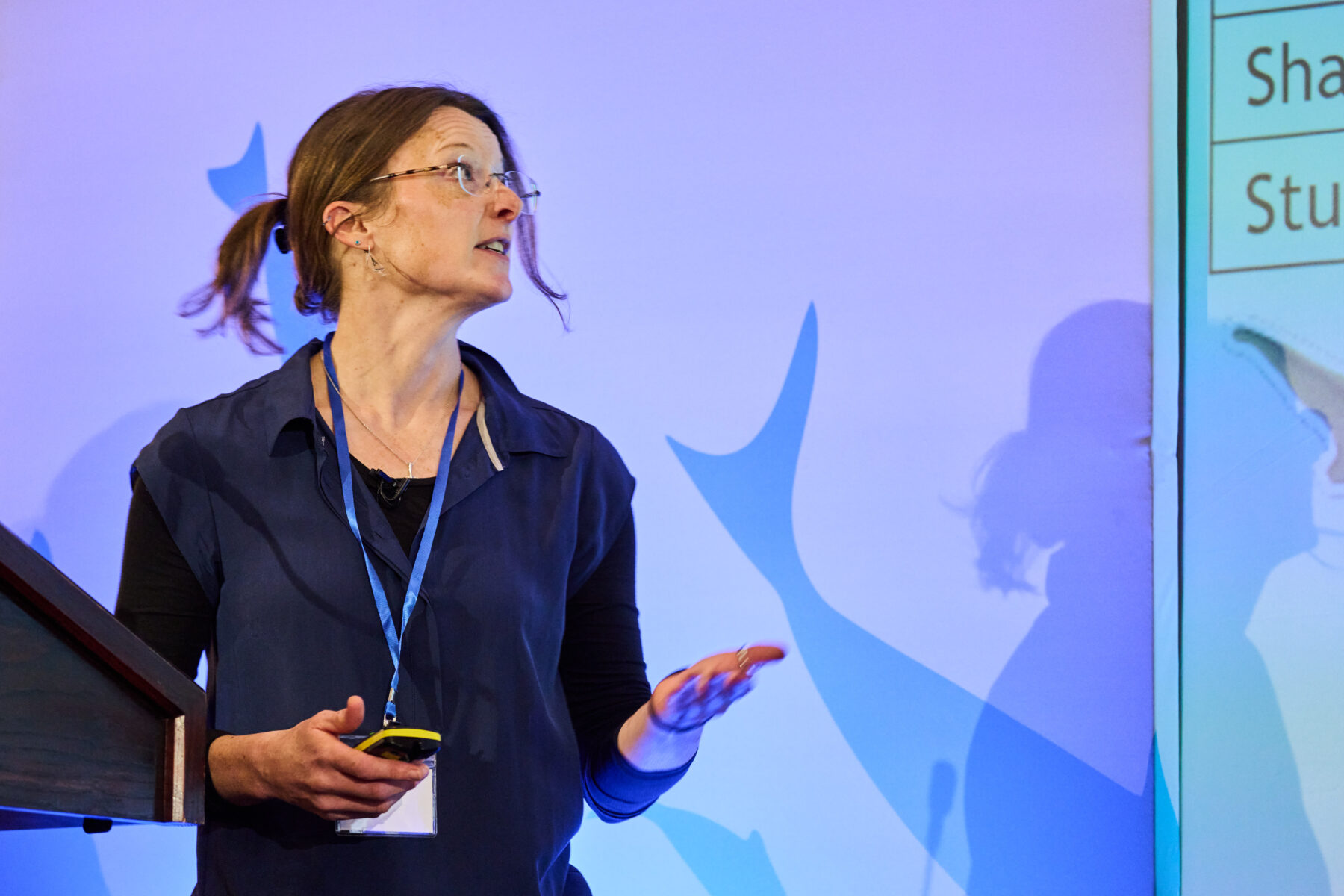
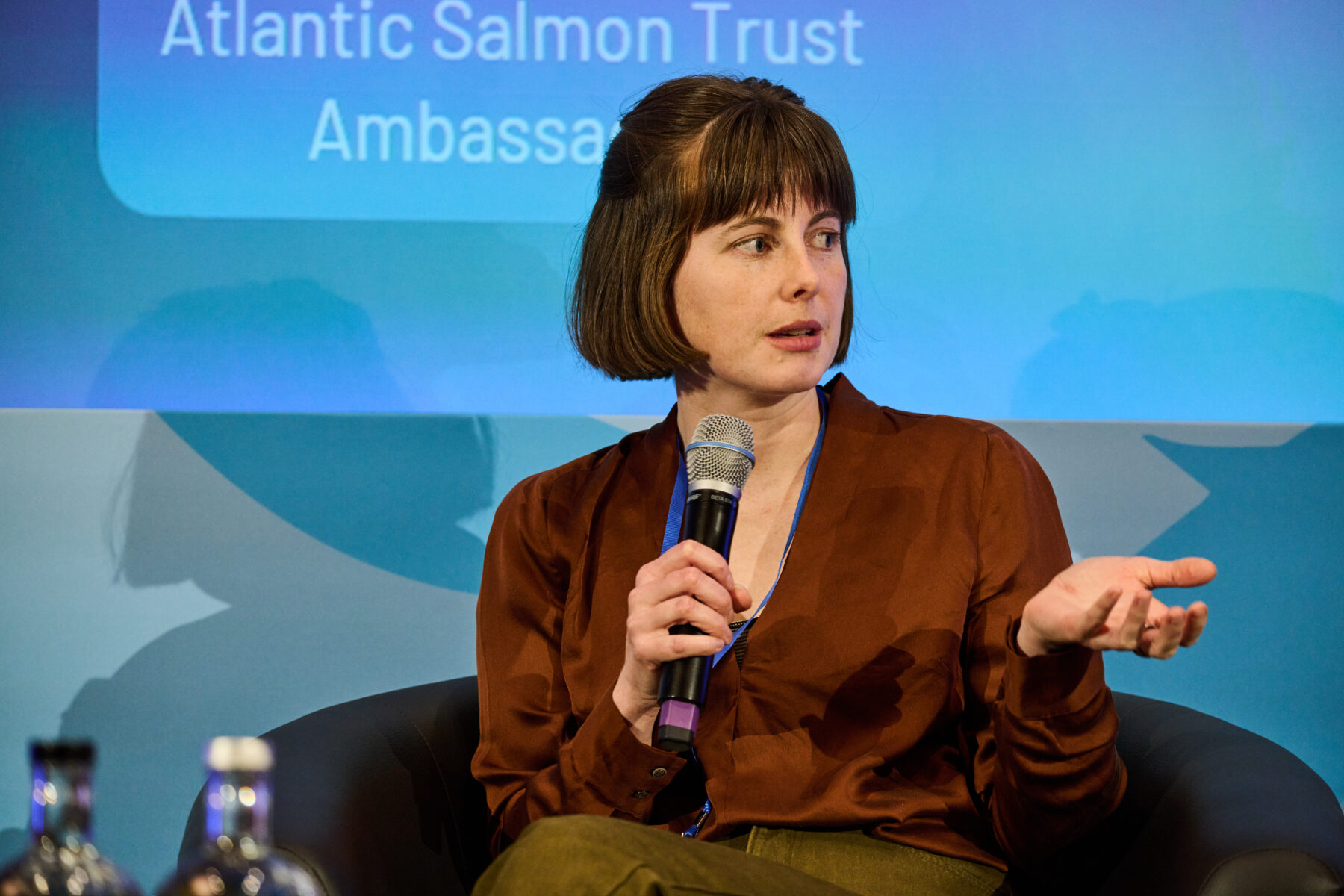
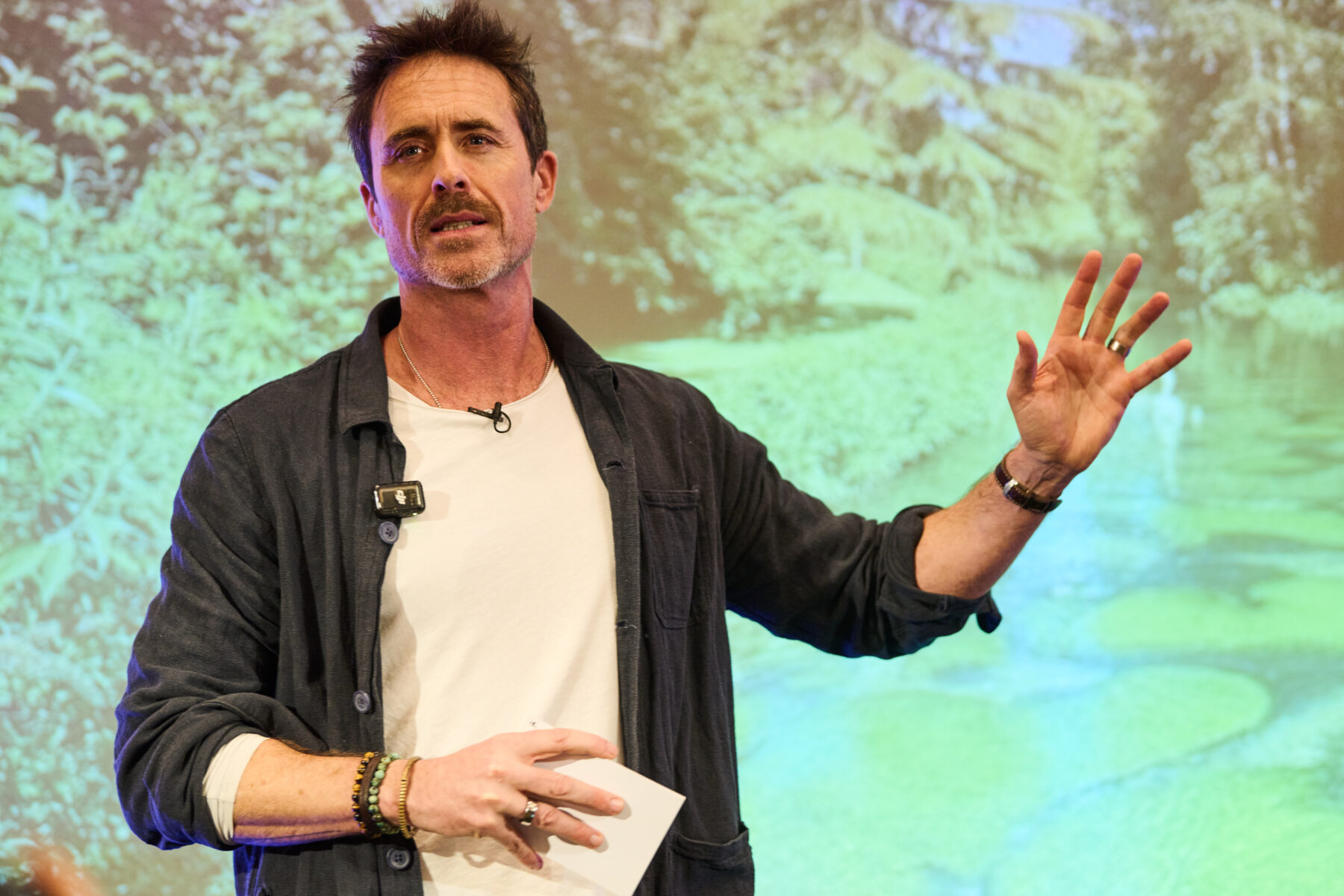
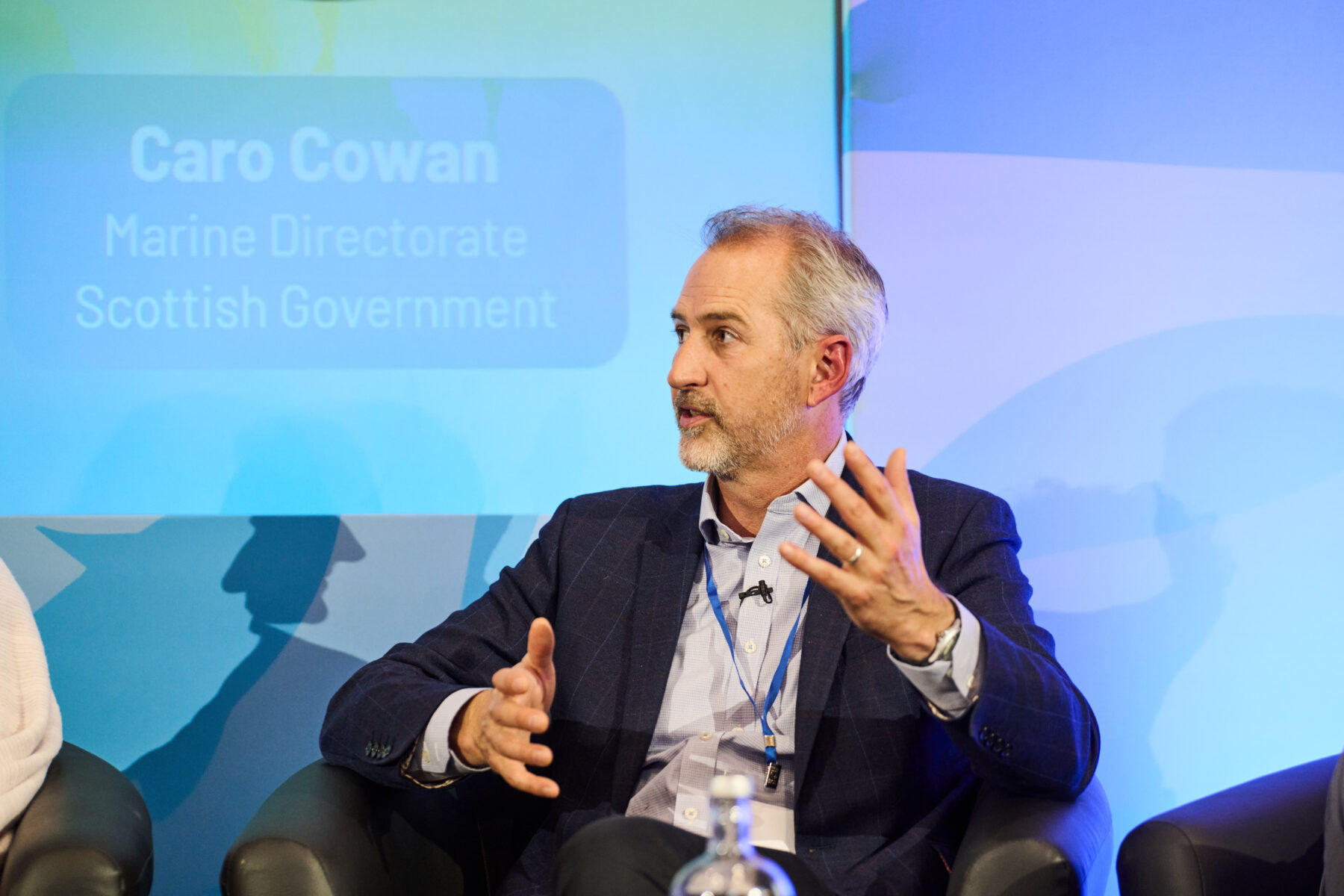
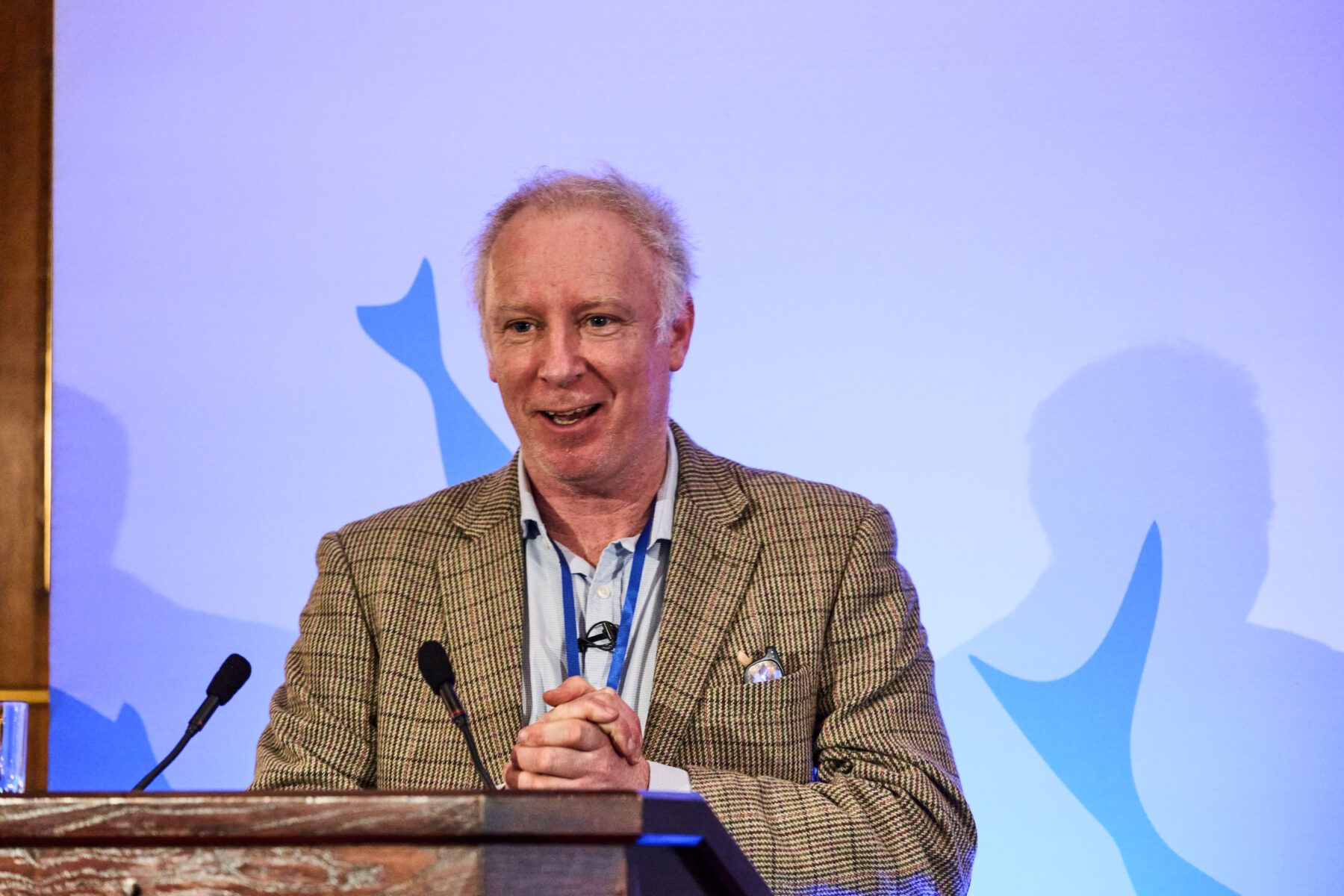
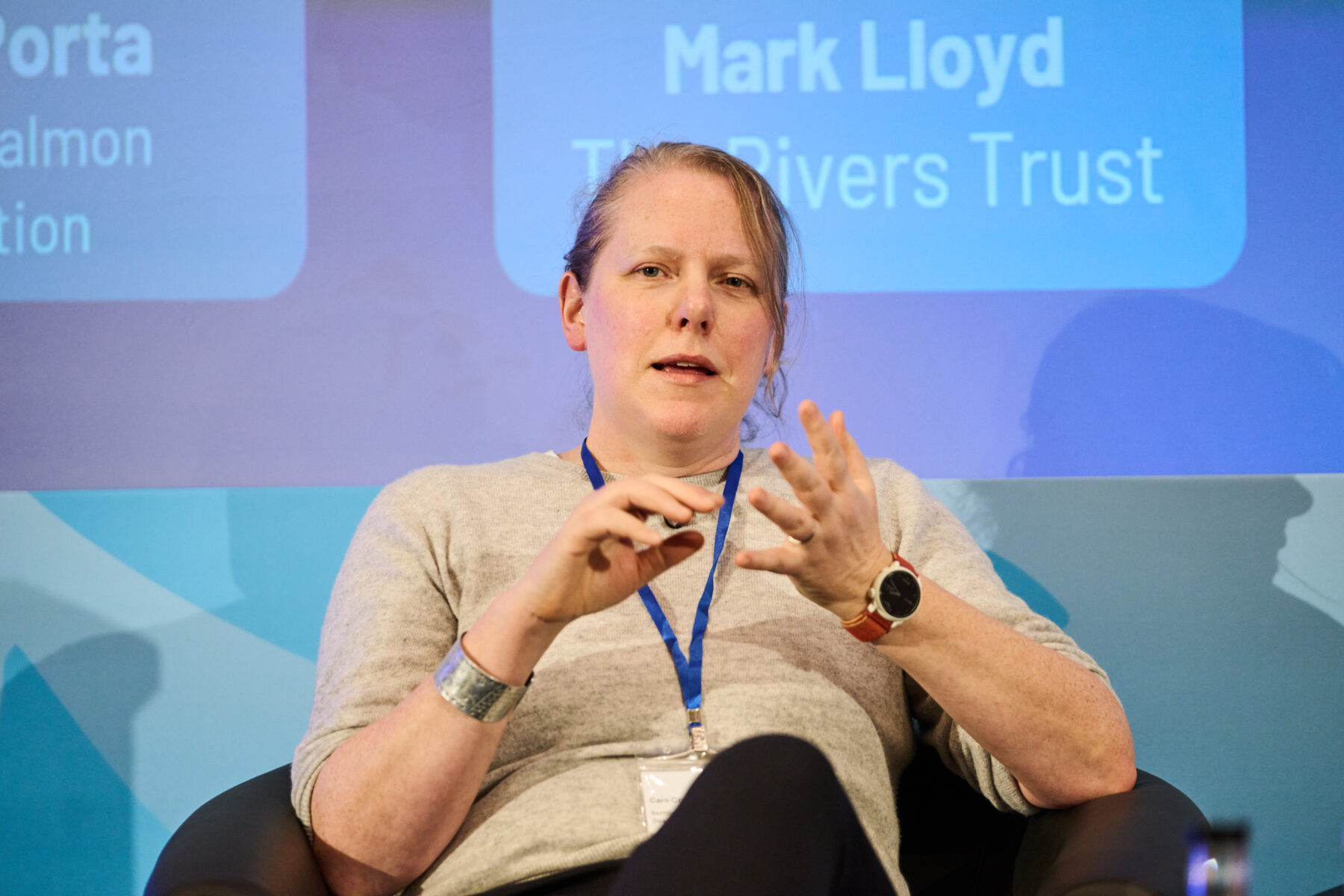
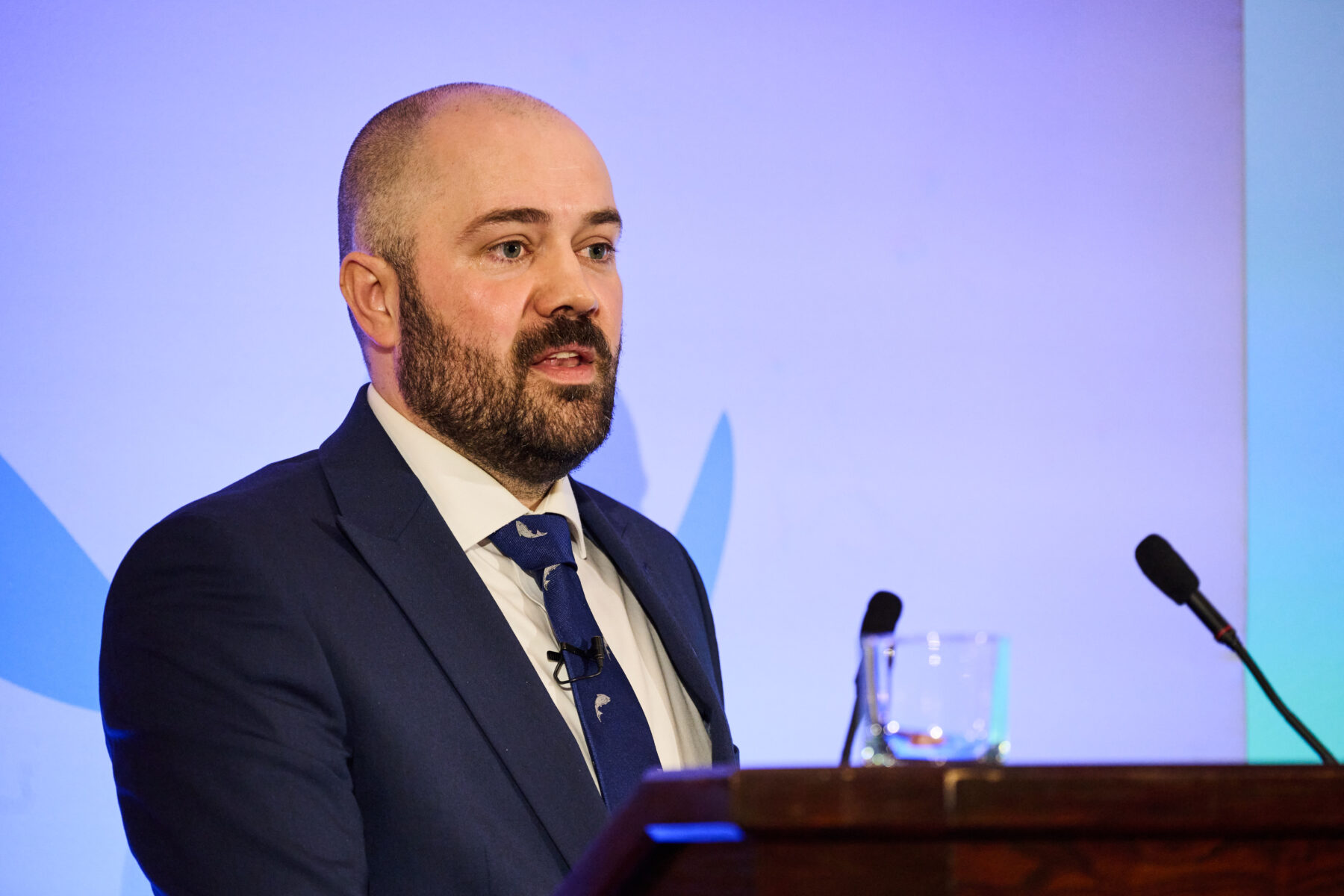
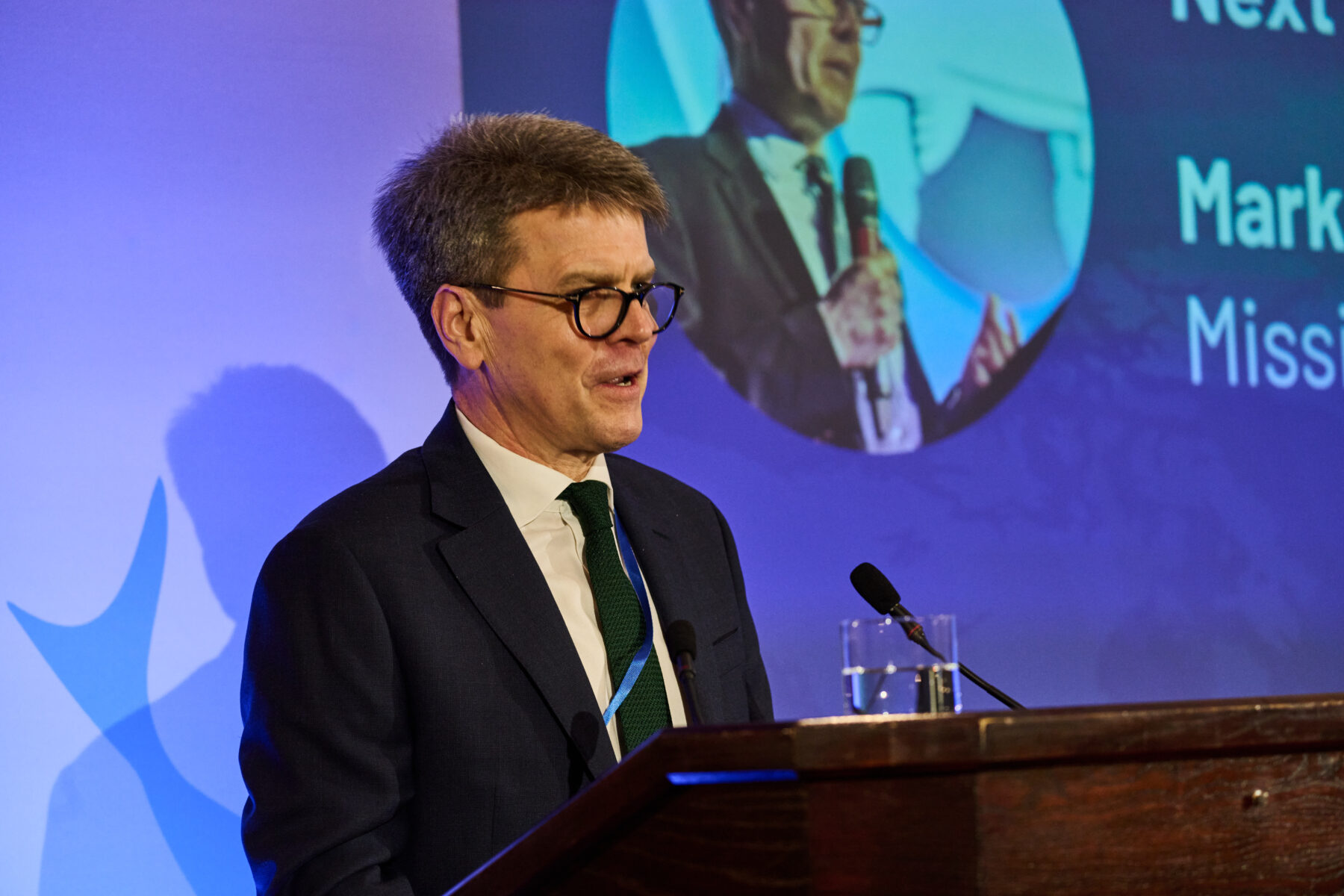
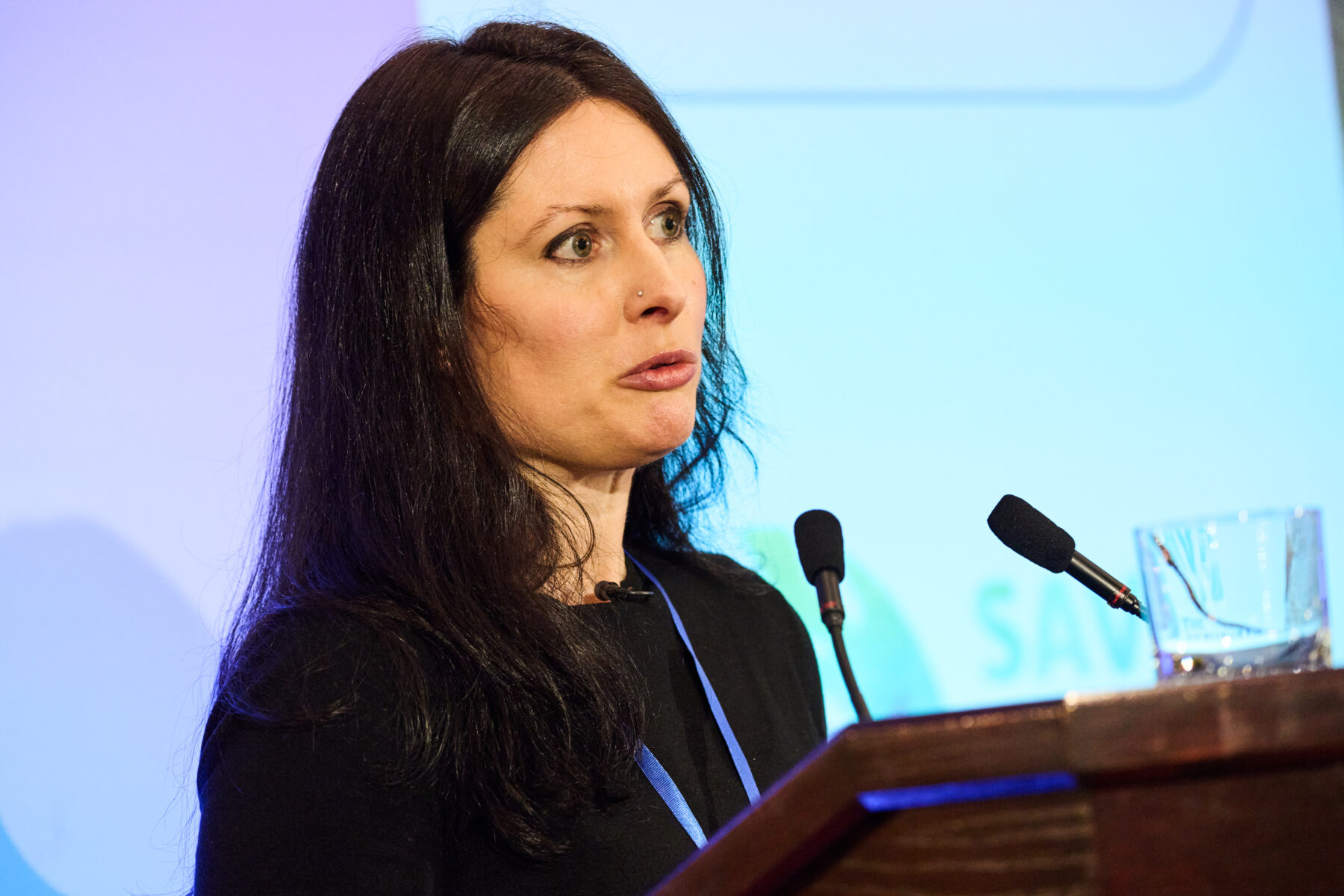
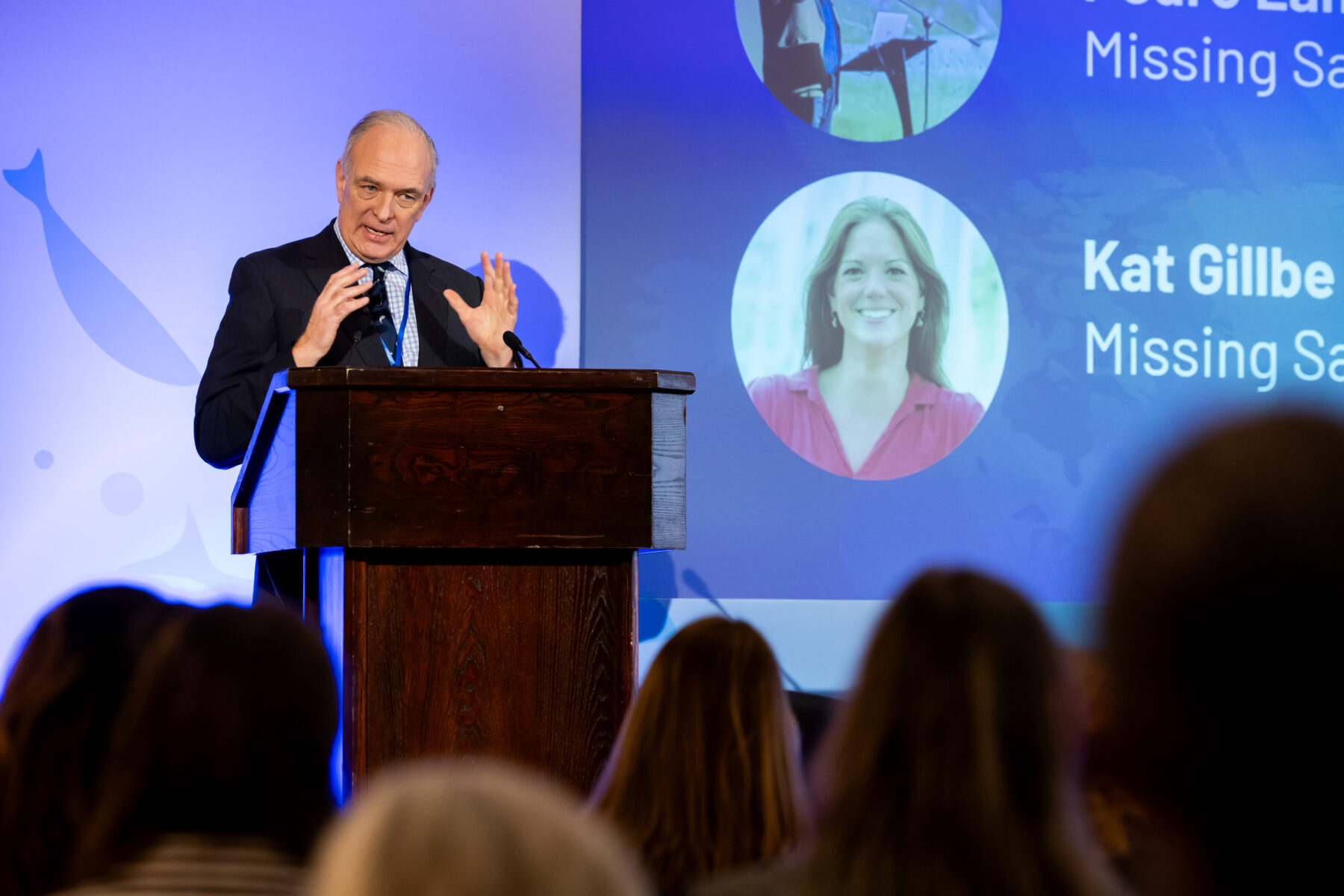
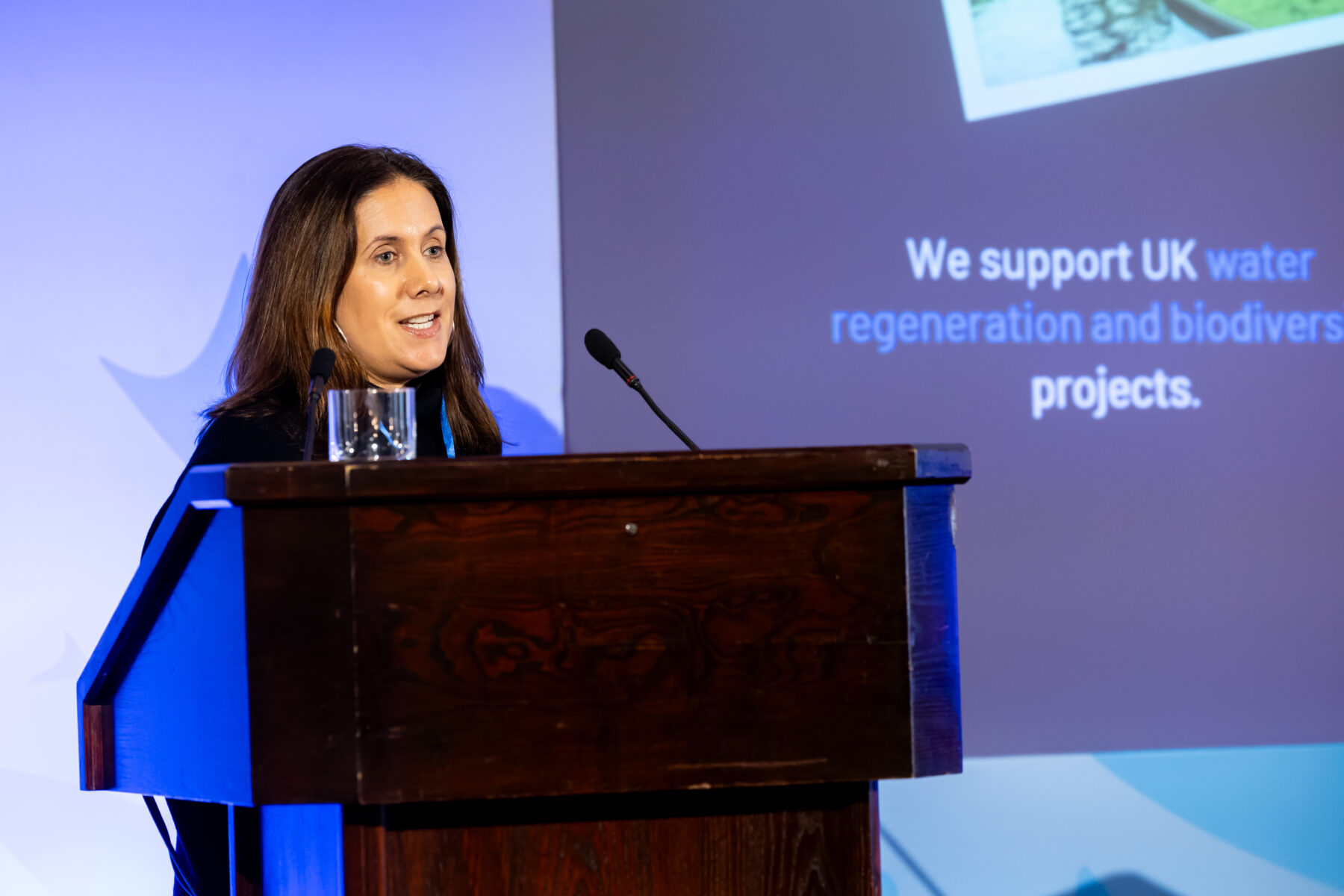
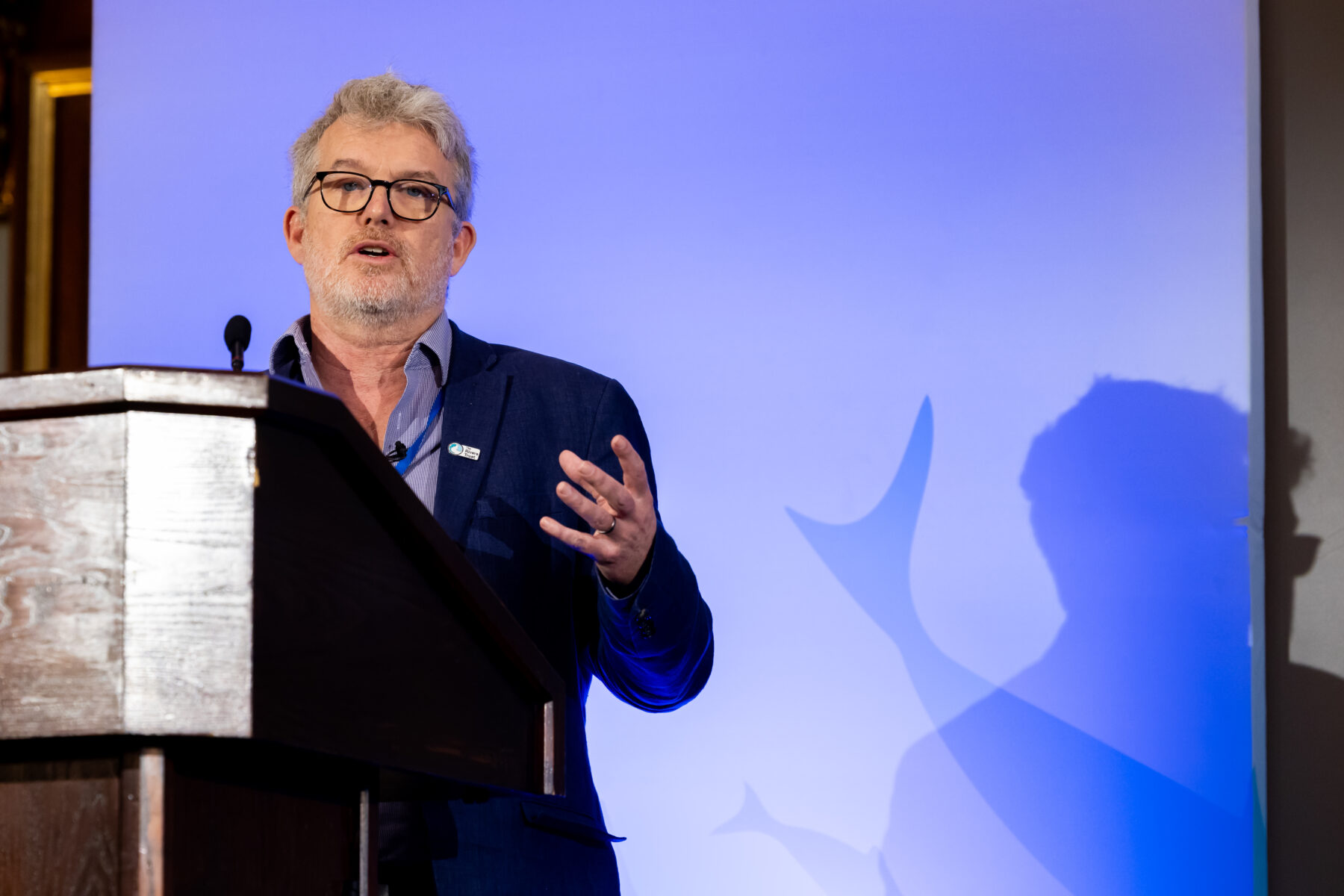
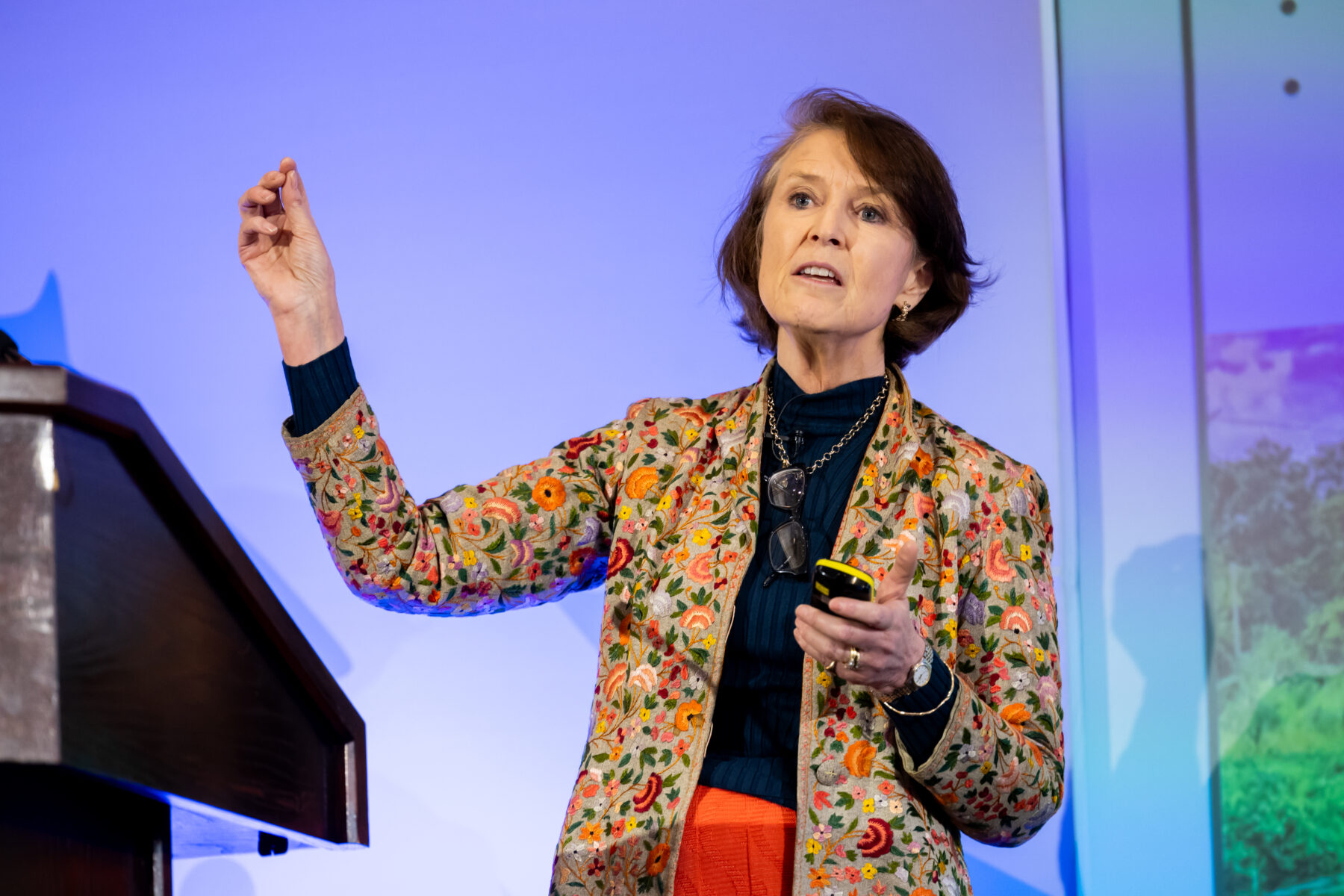
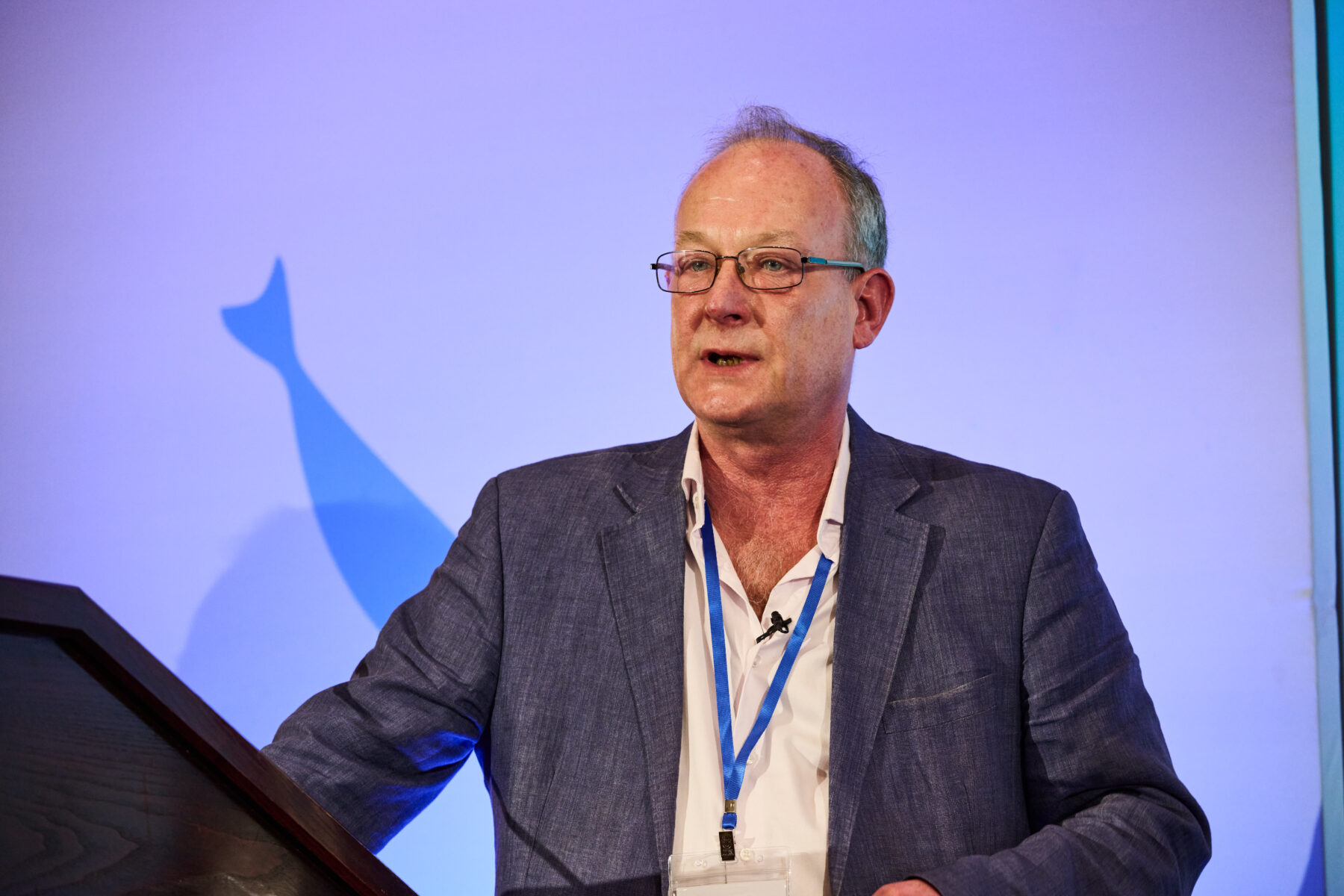
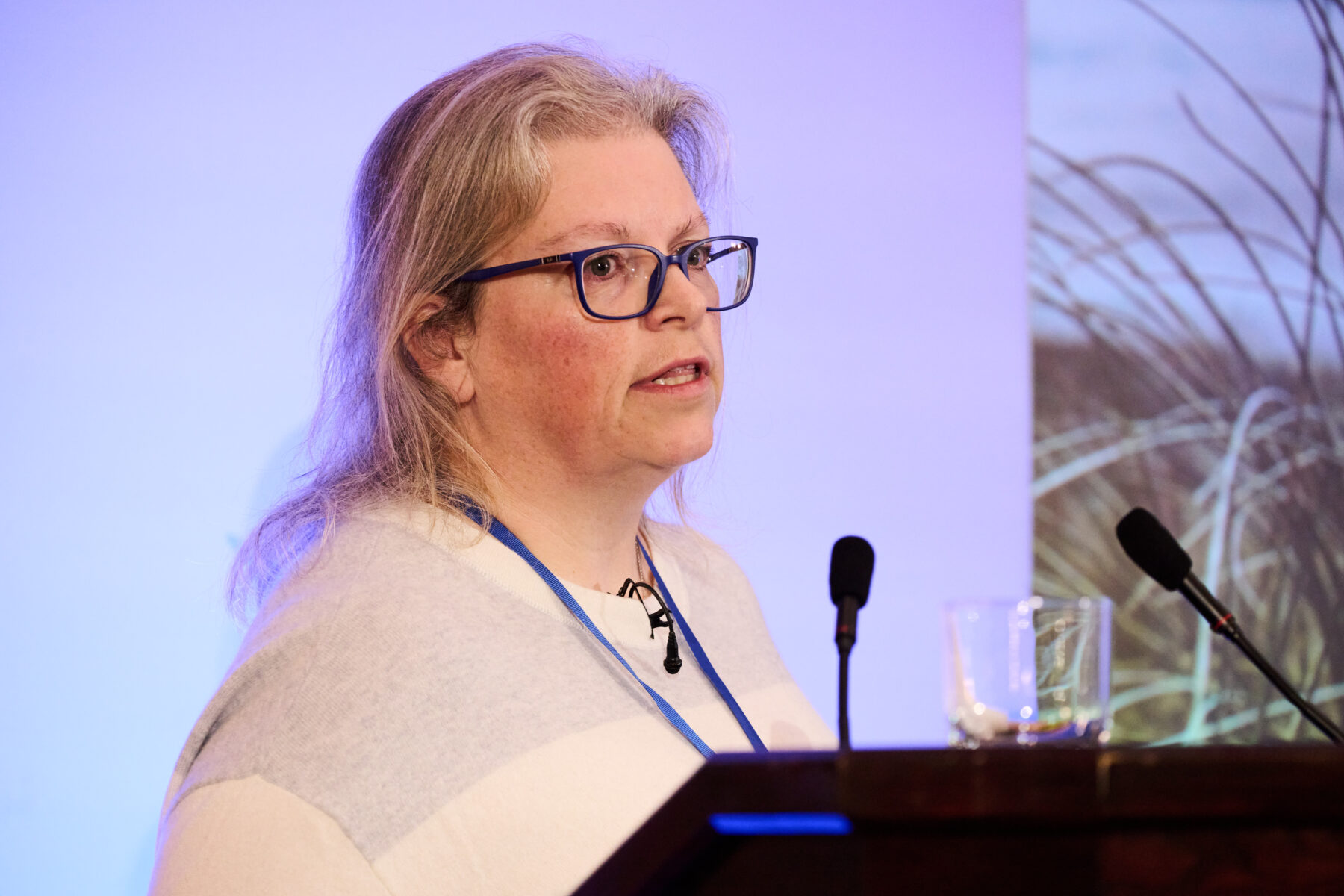
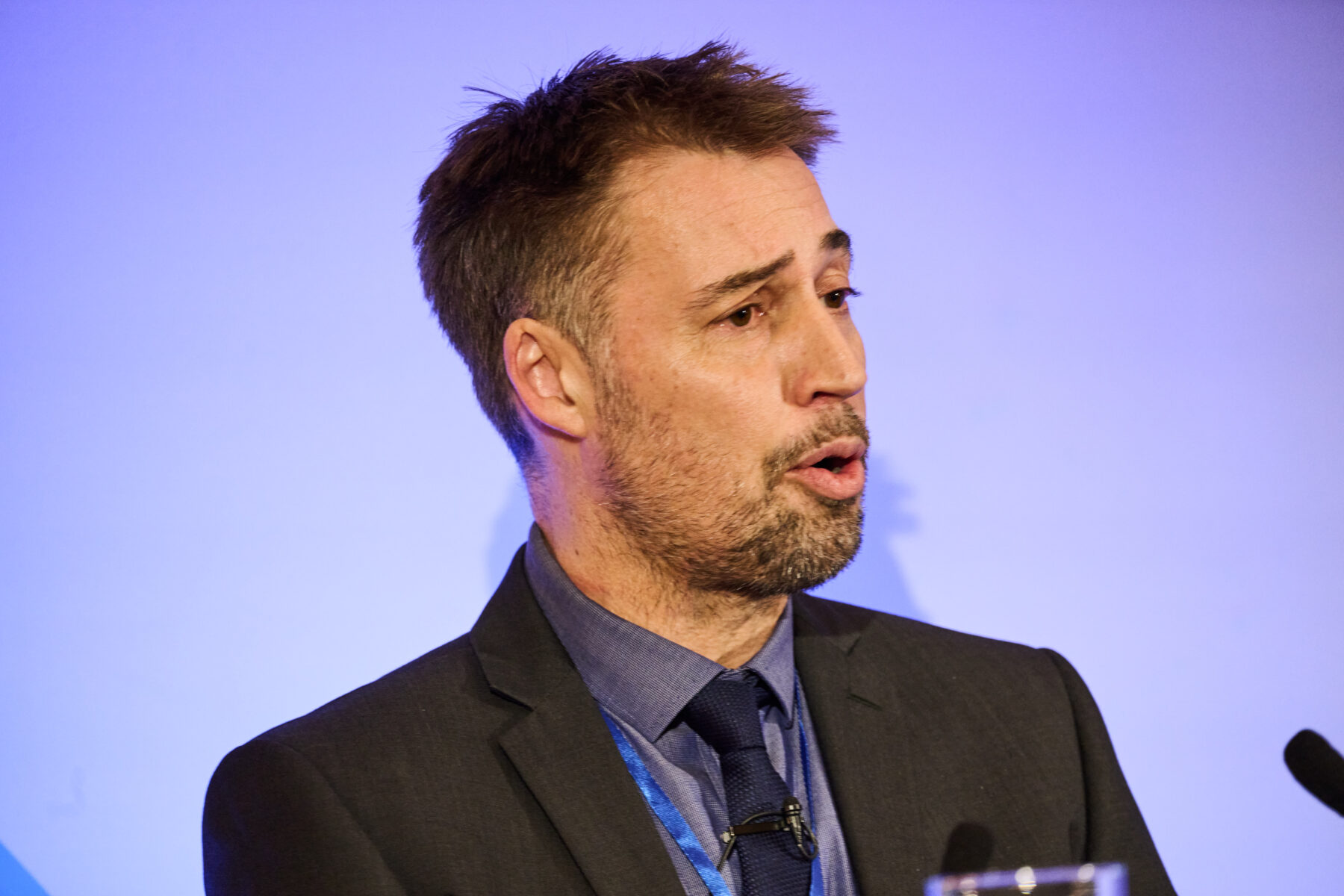
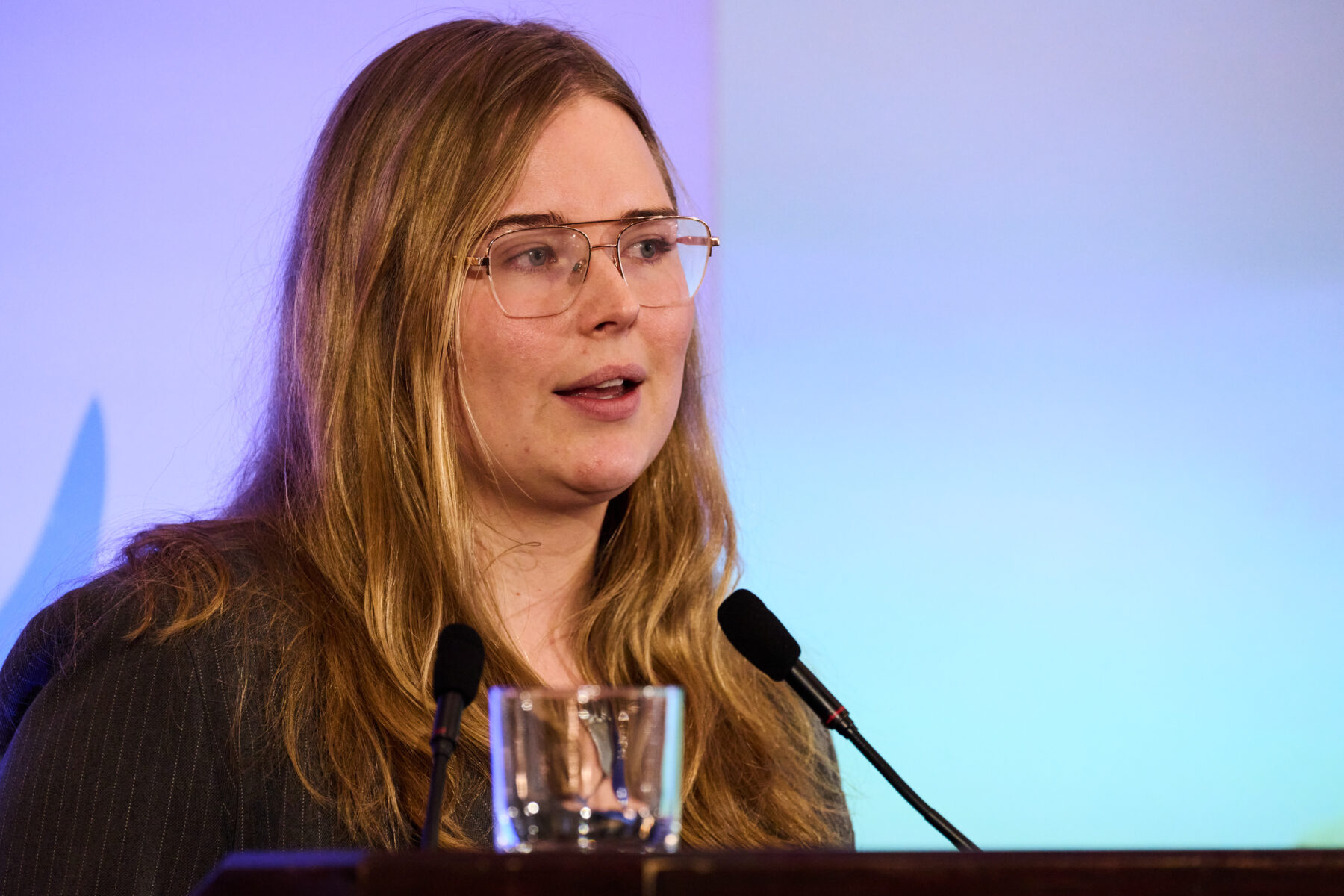
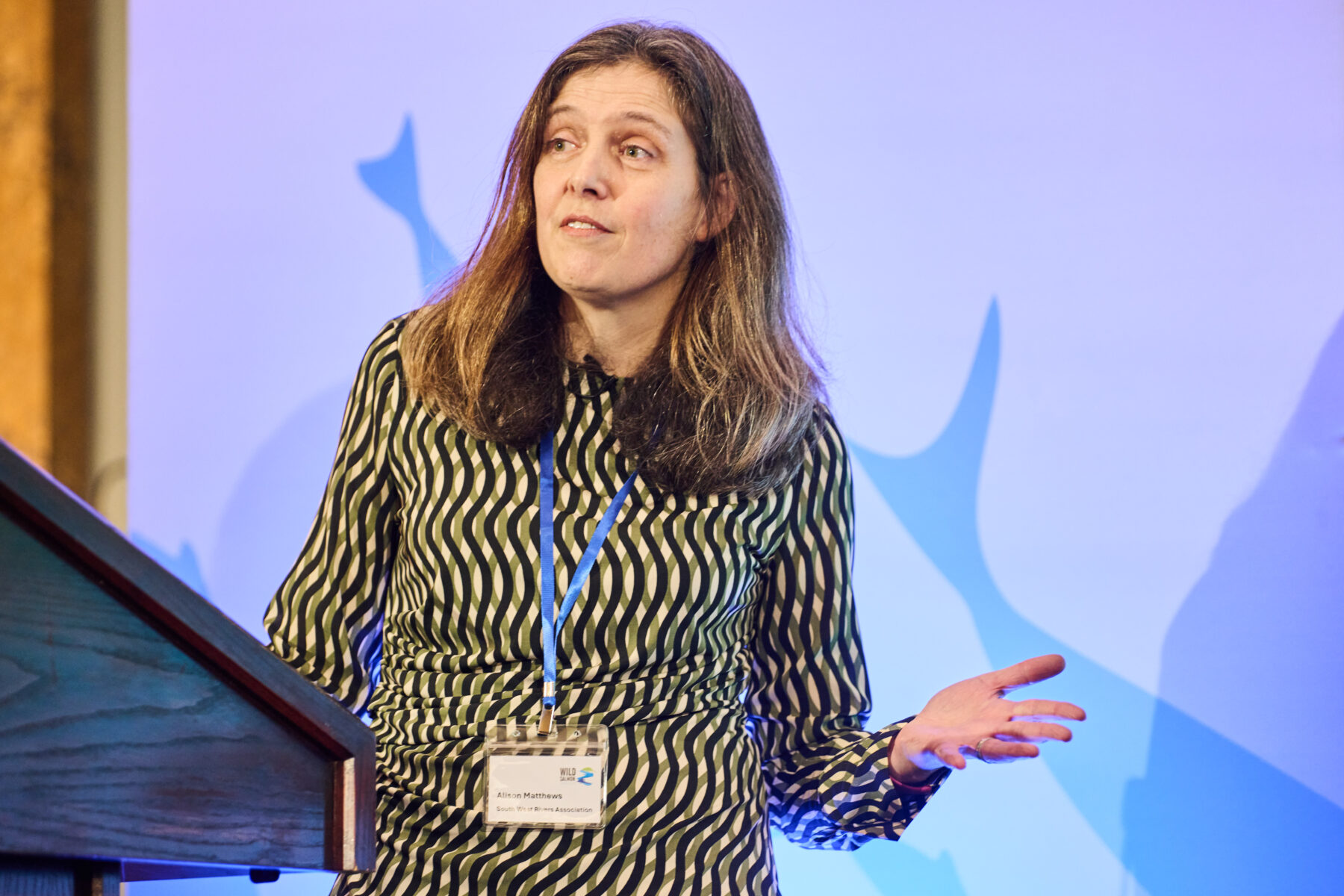
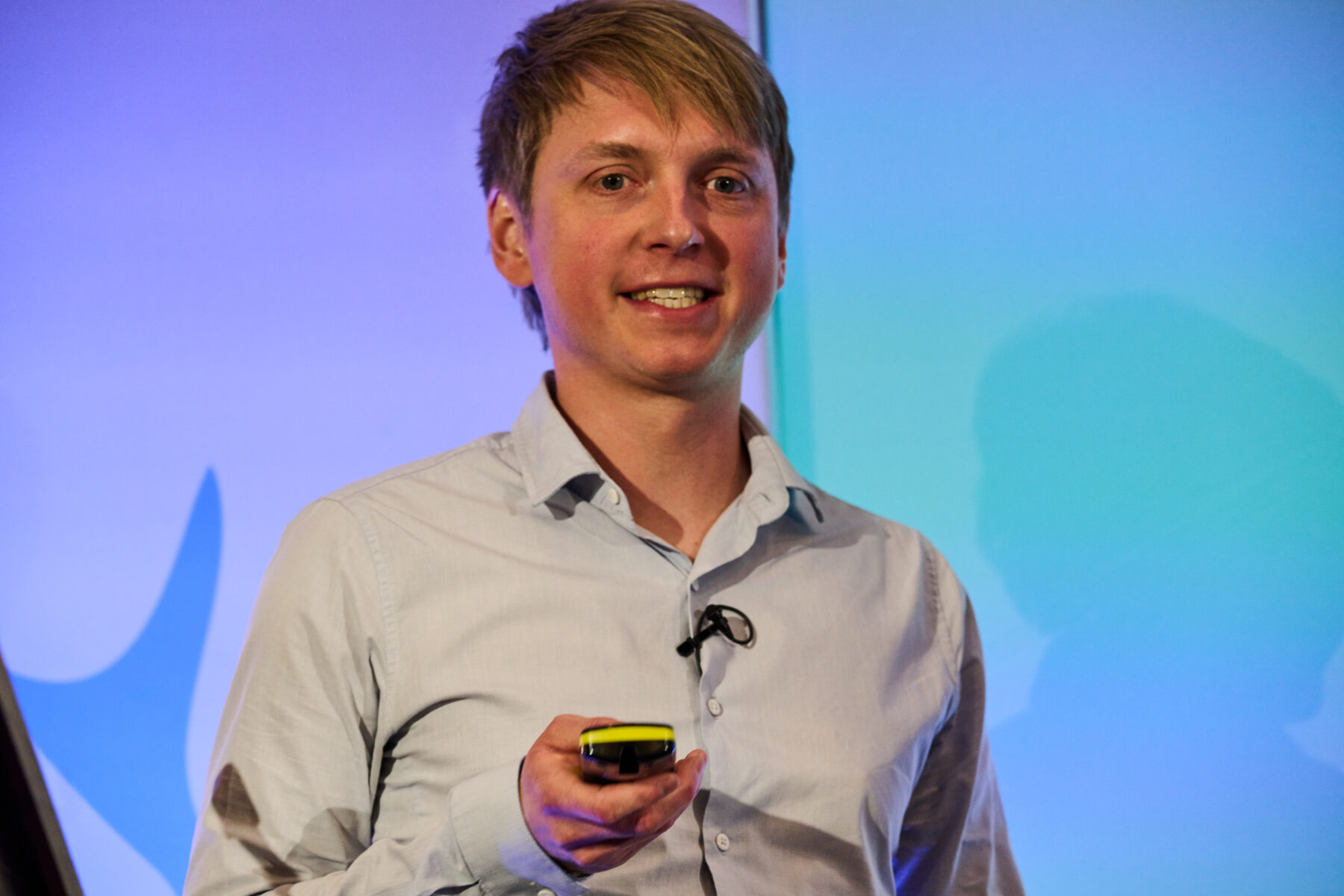
International Speakers
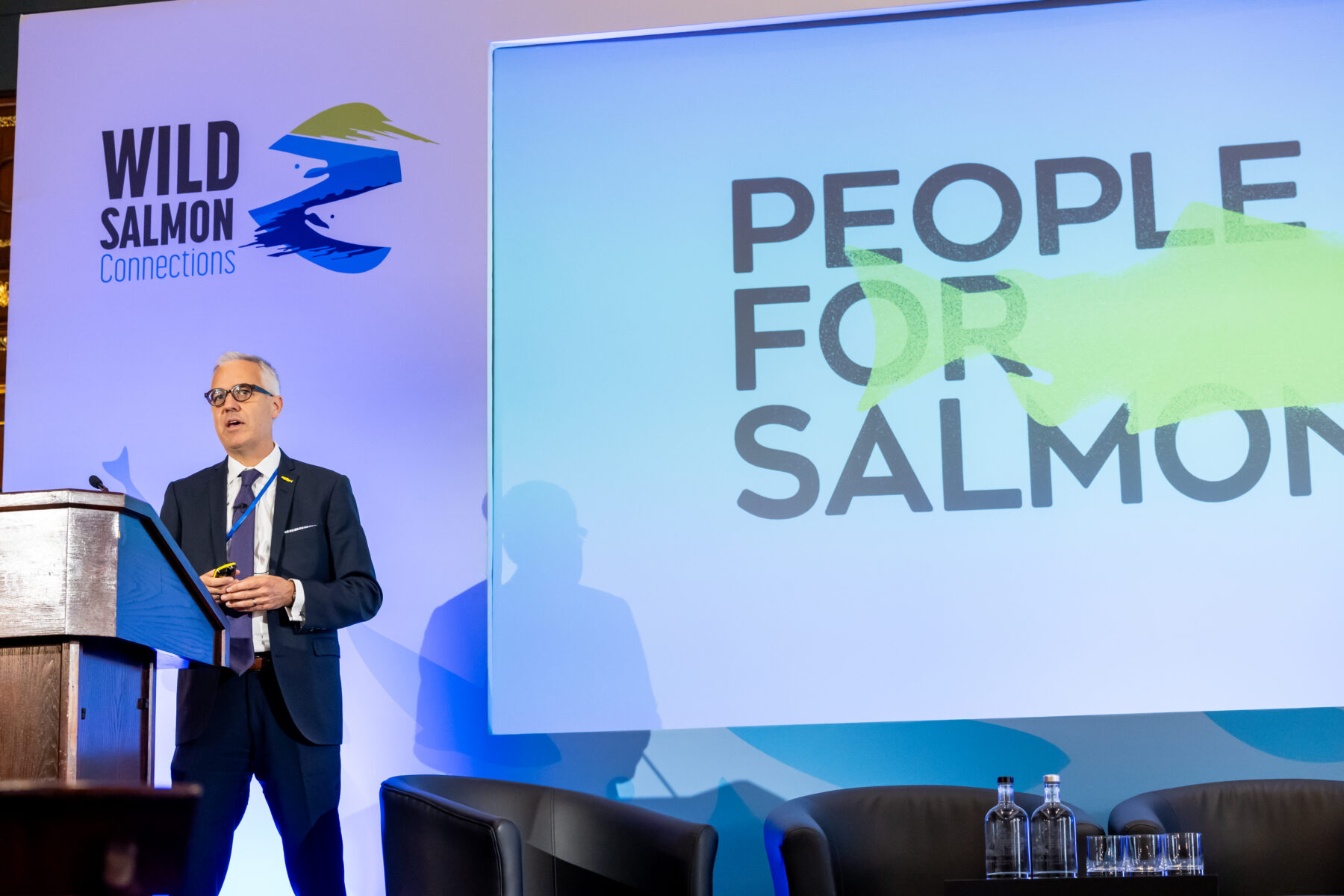
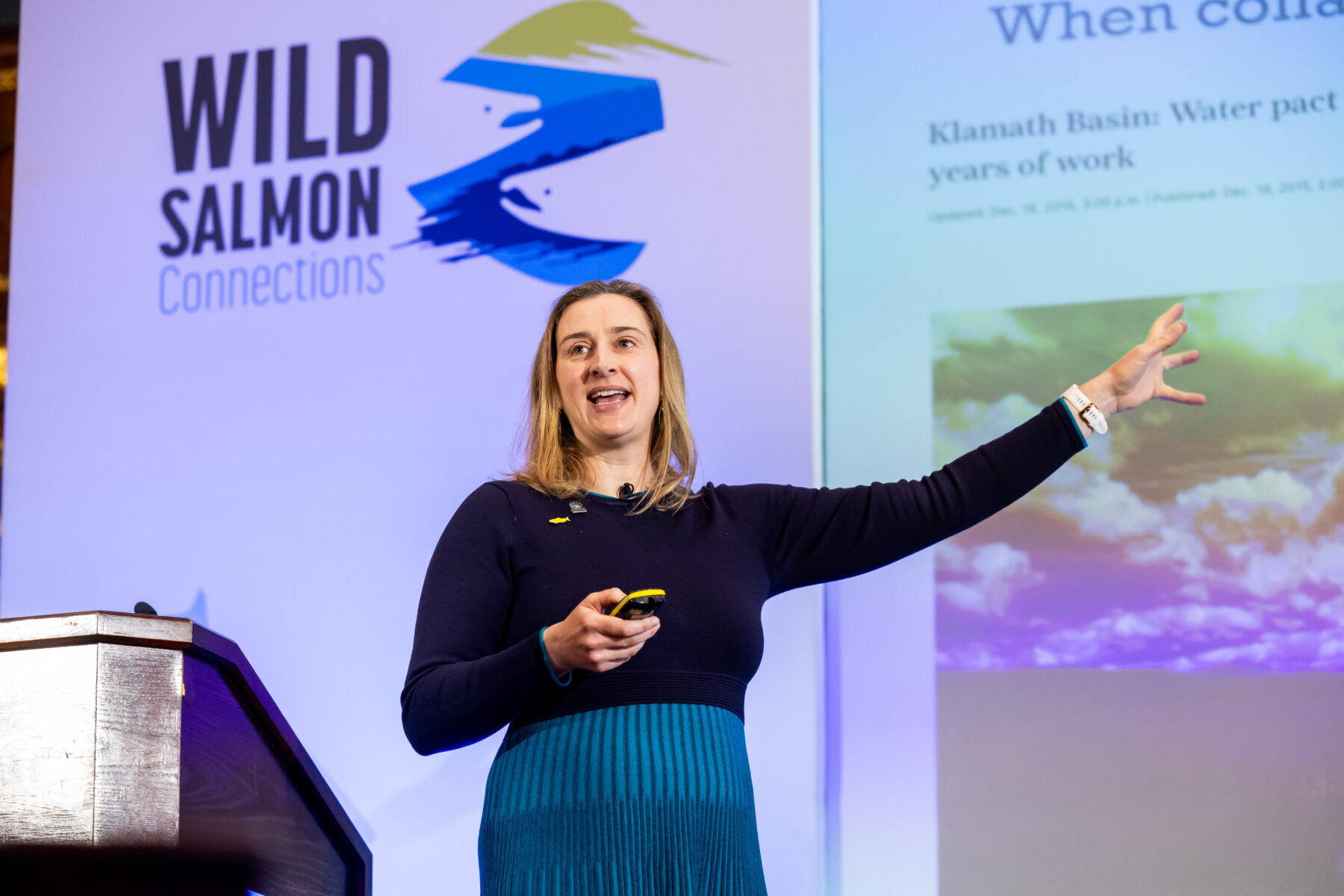
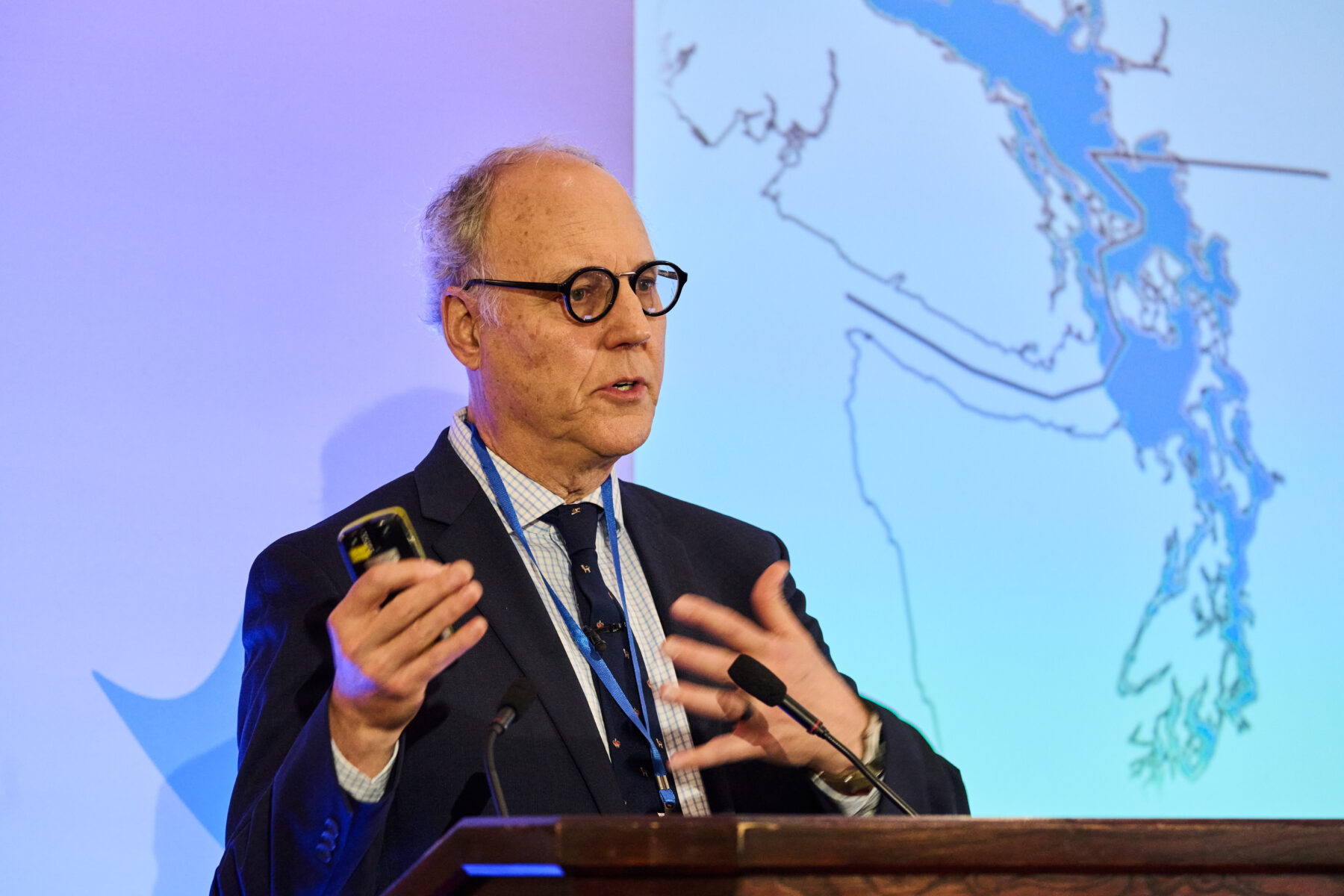
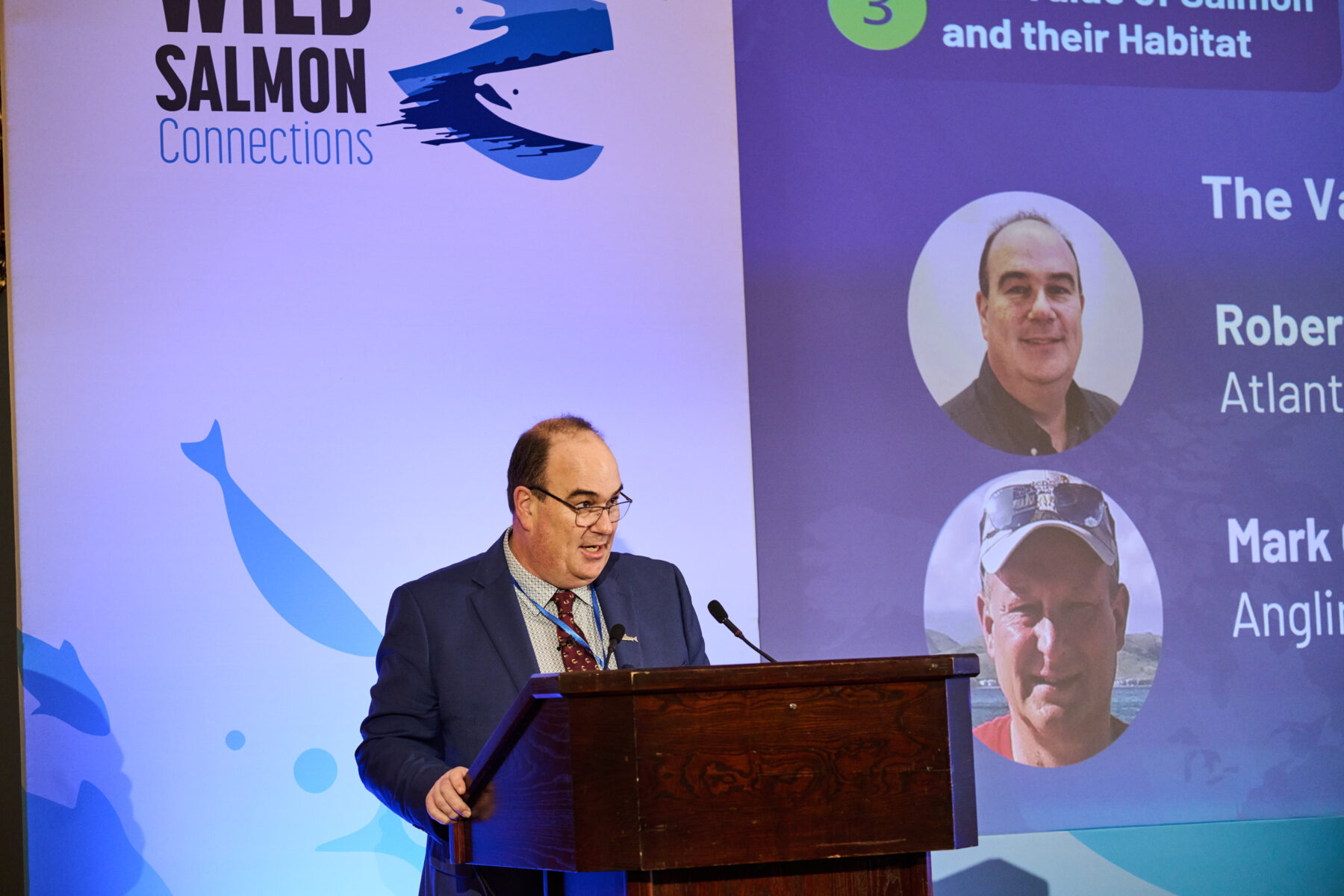
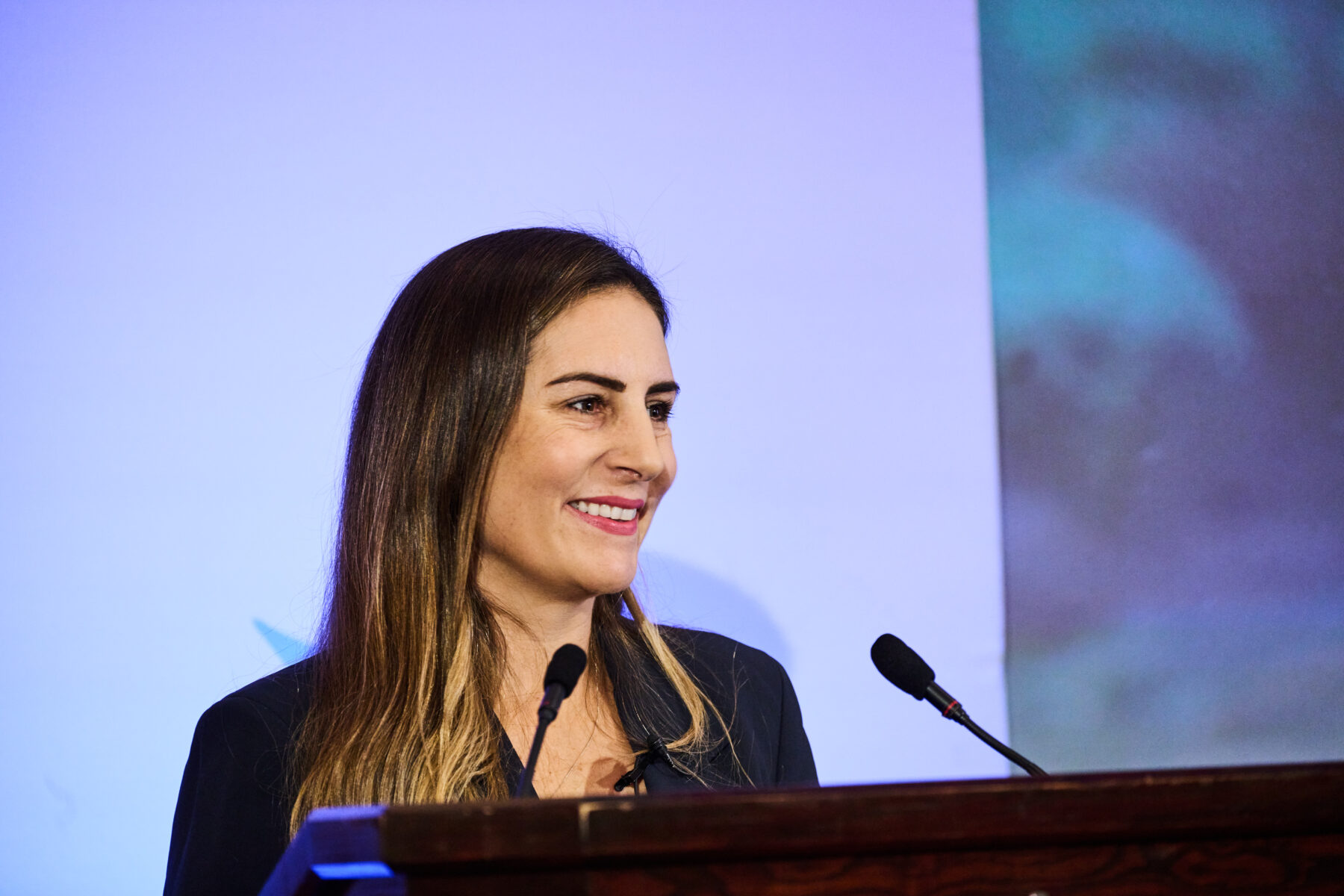
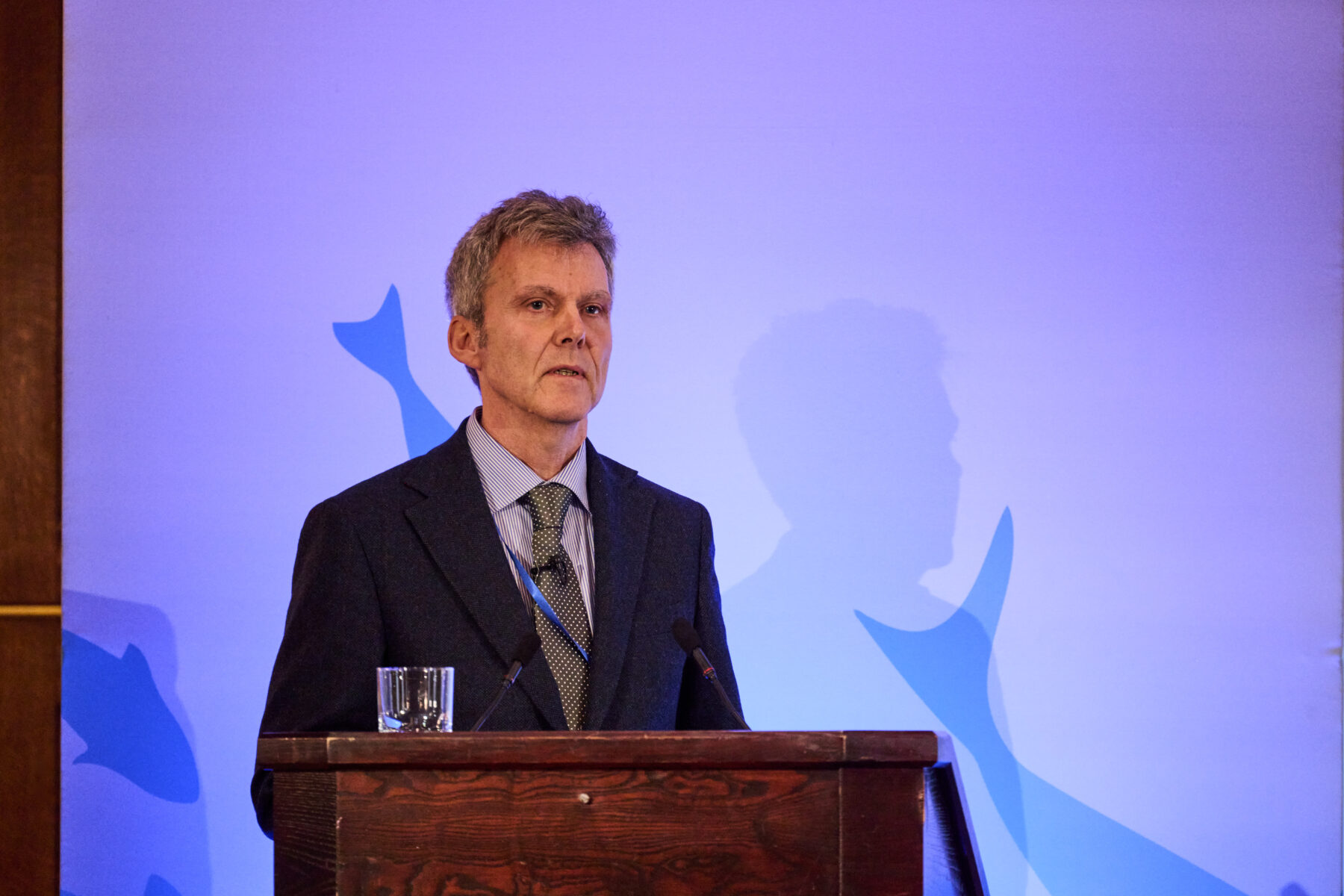
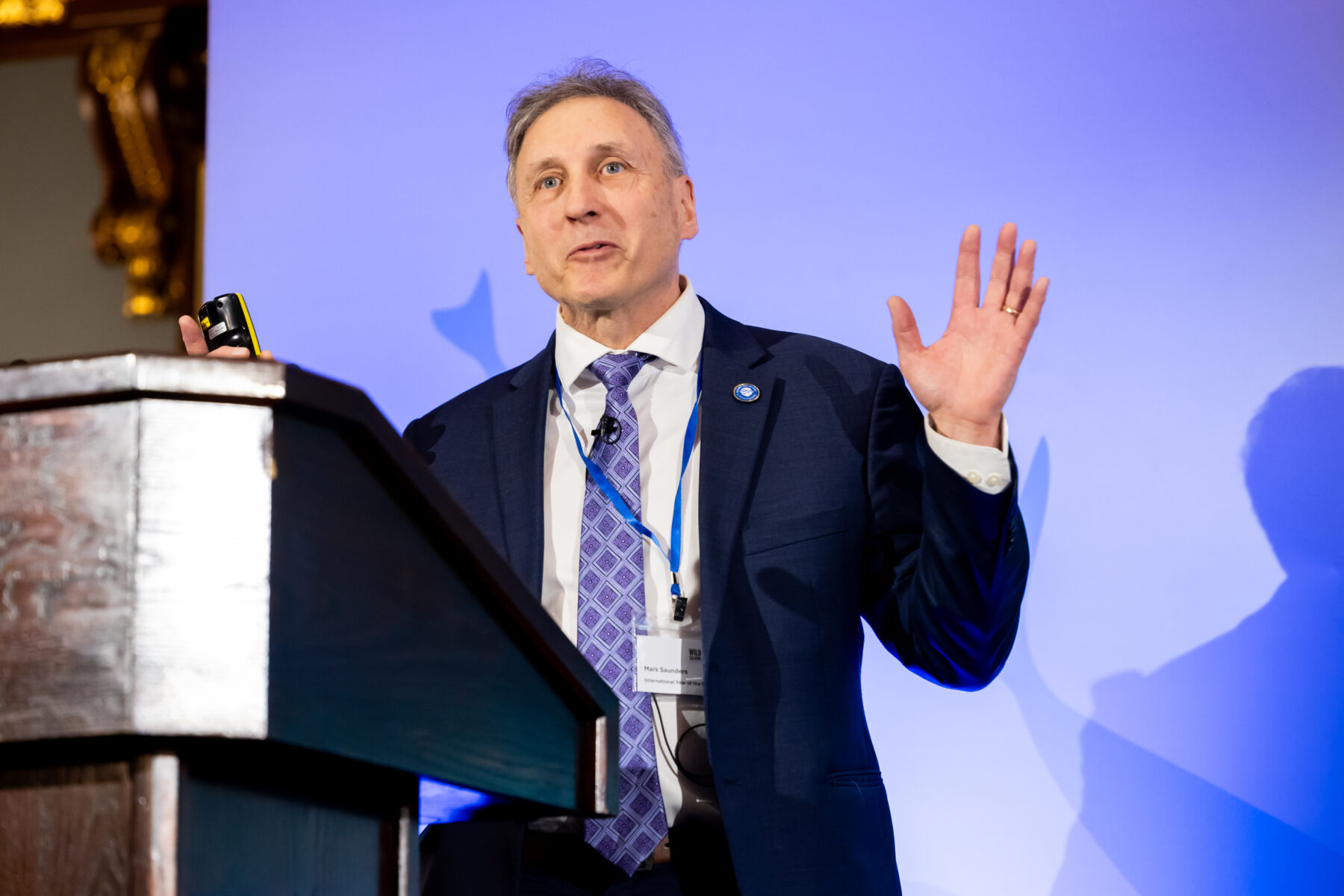
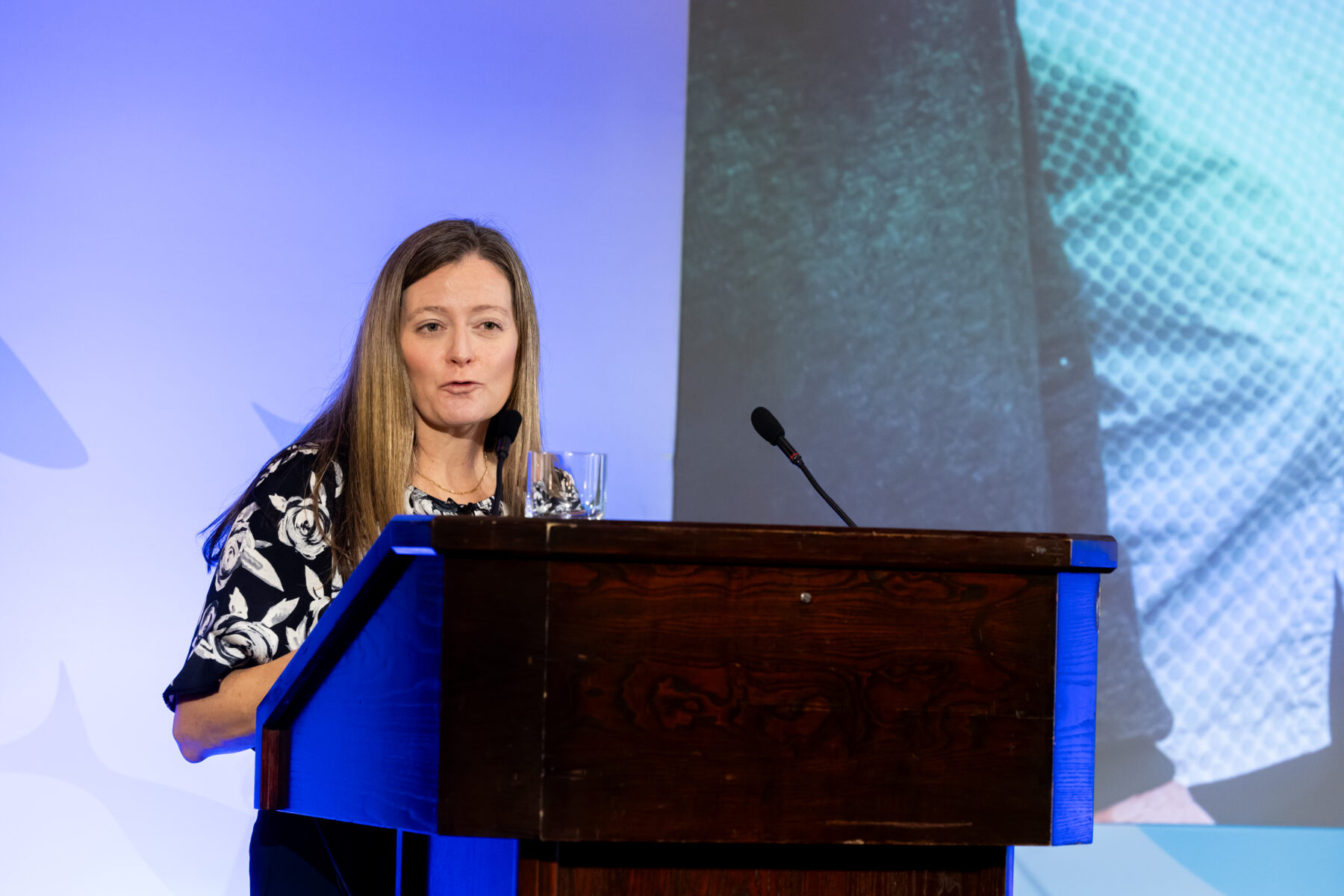
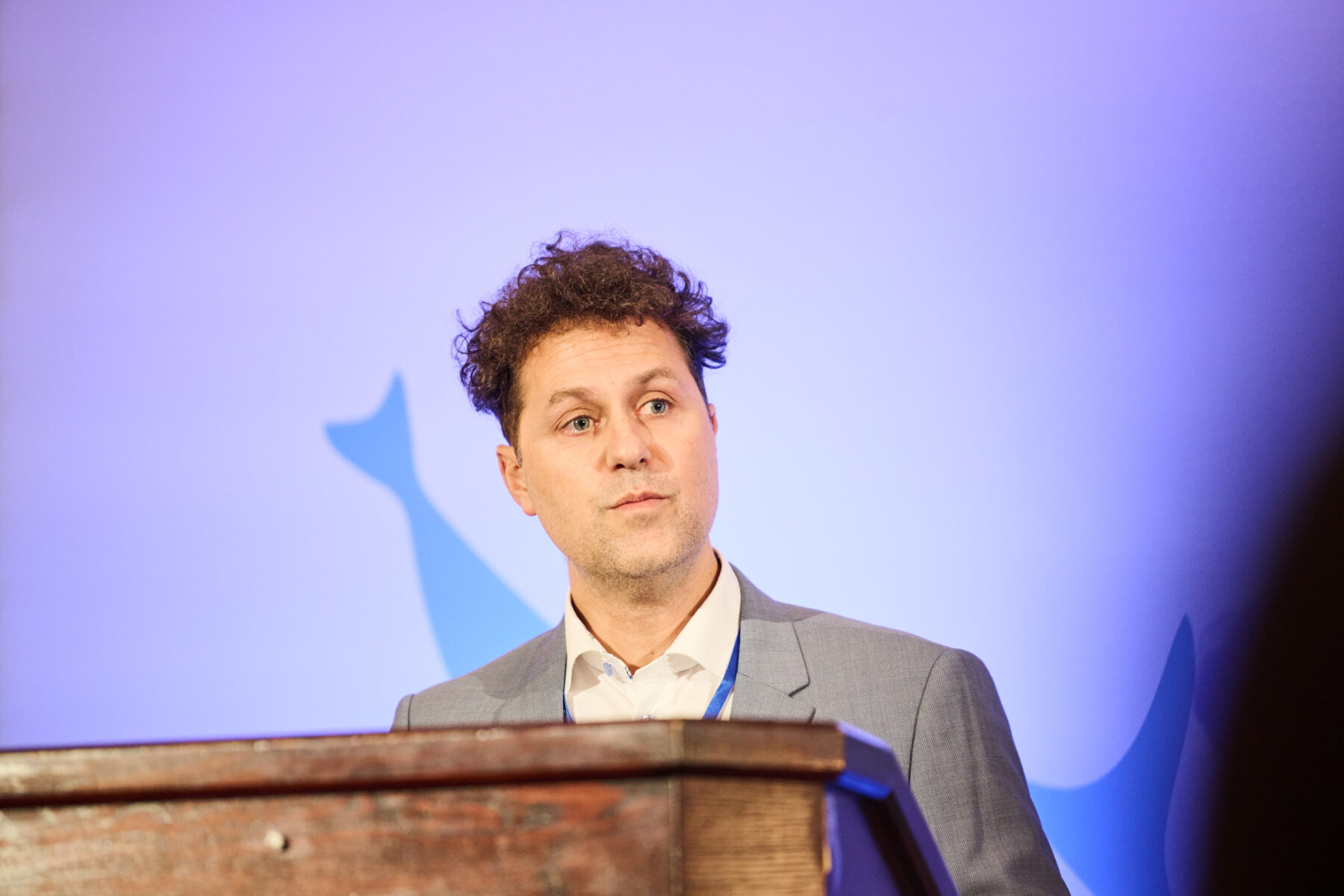
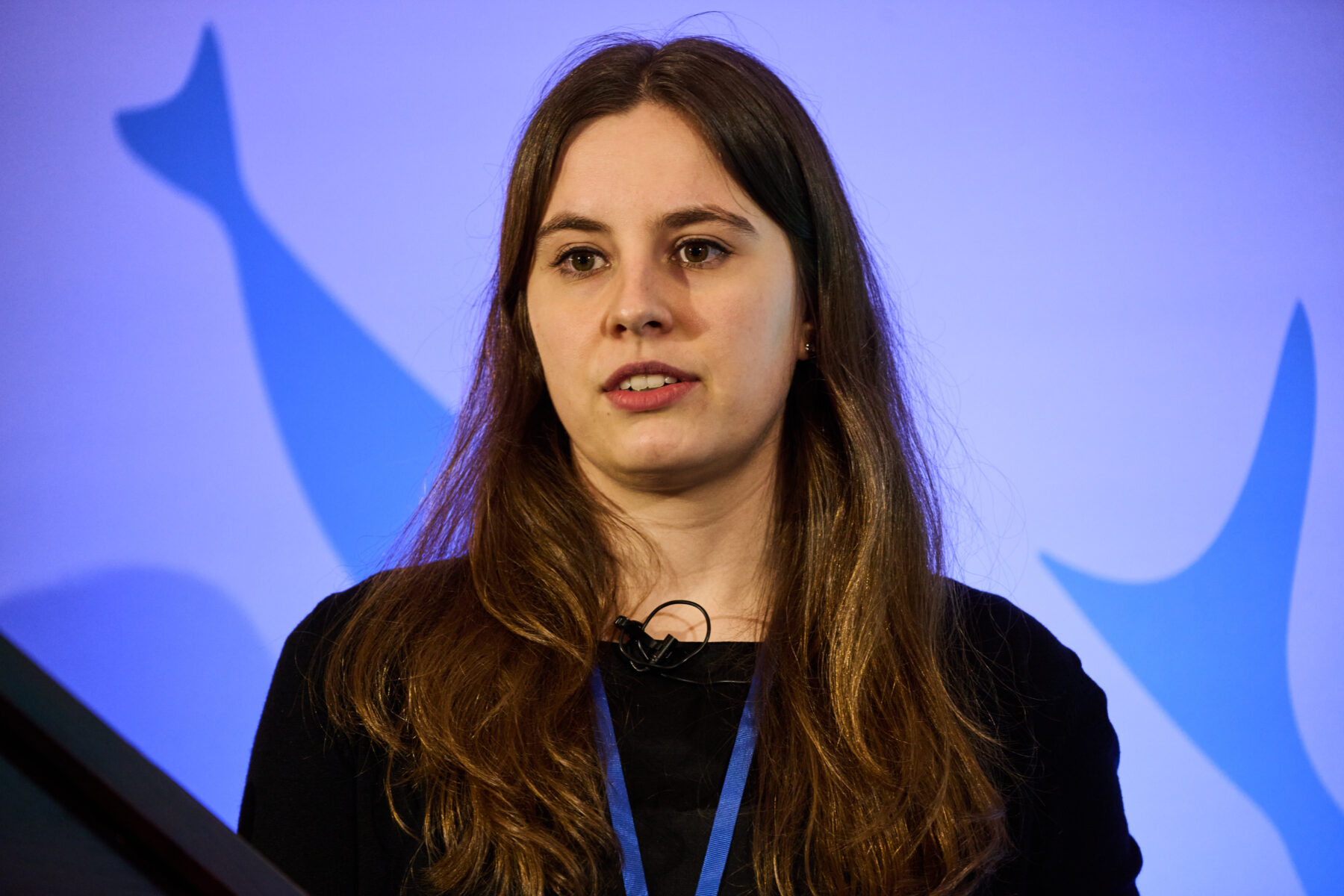
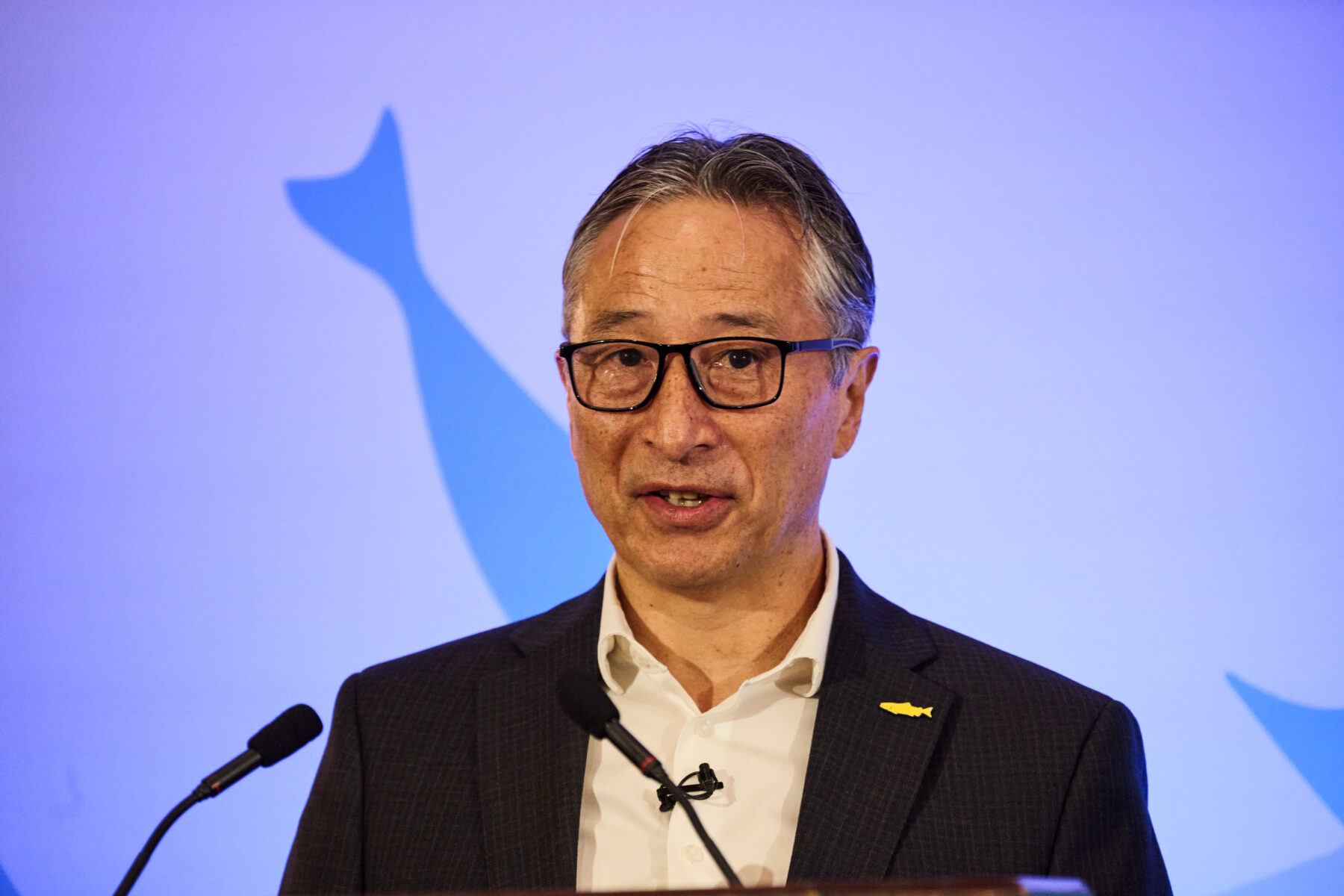
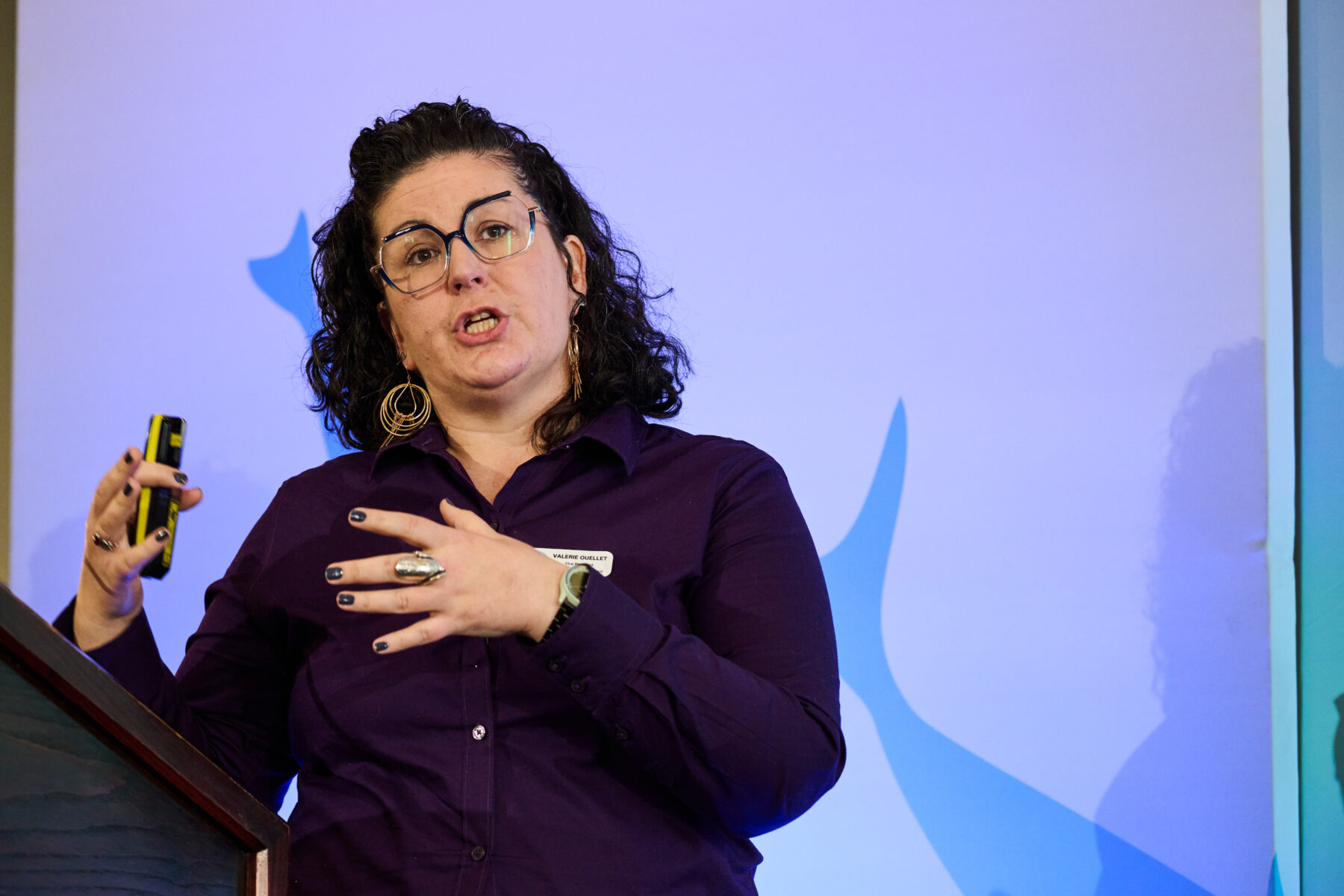
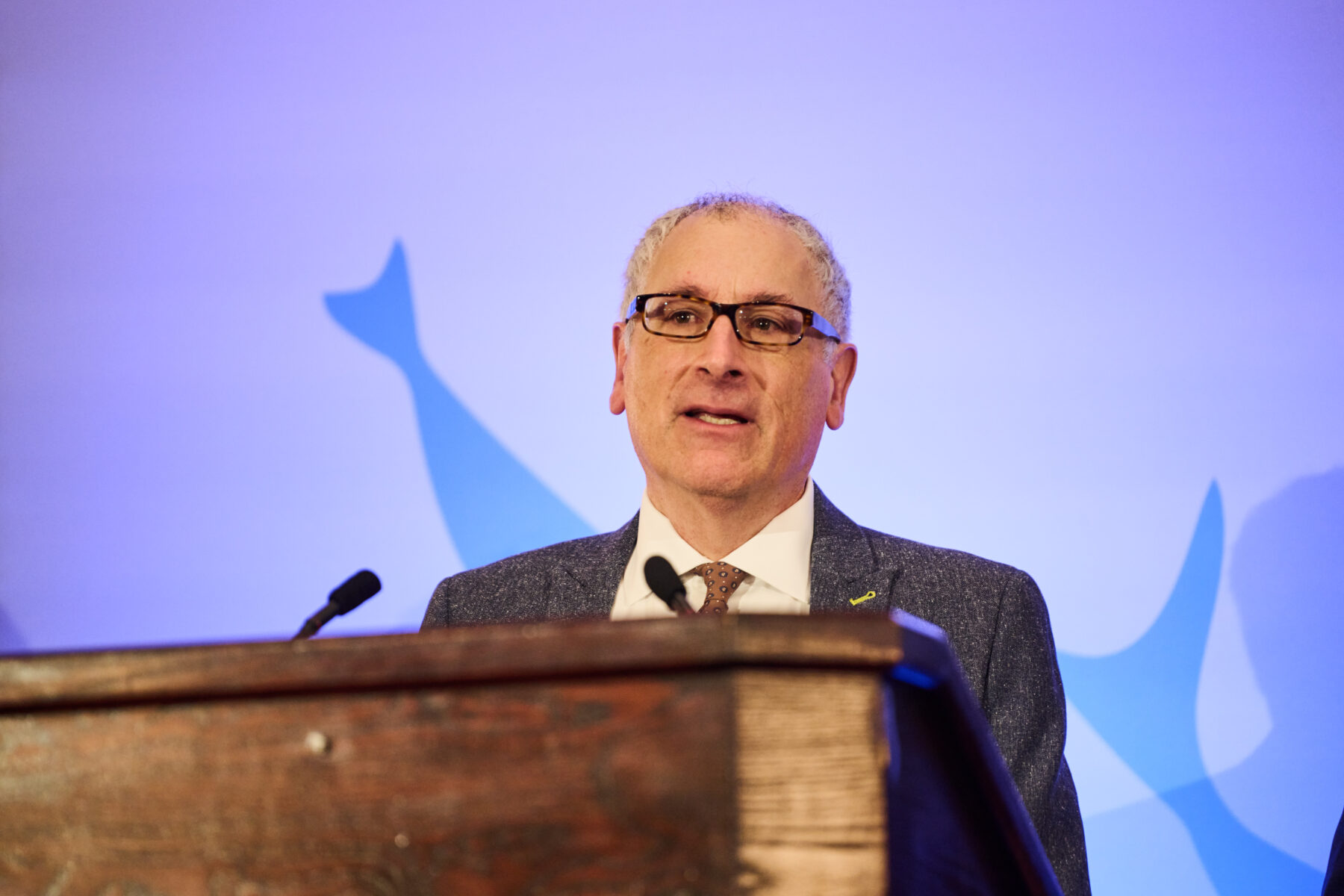
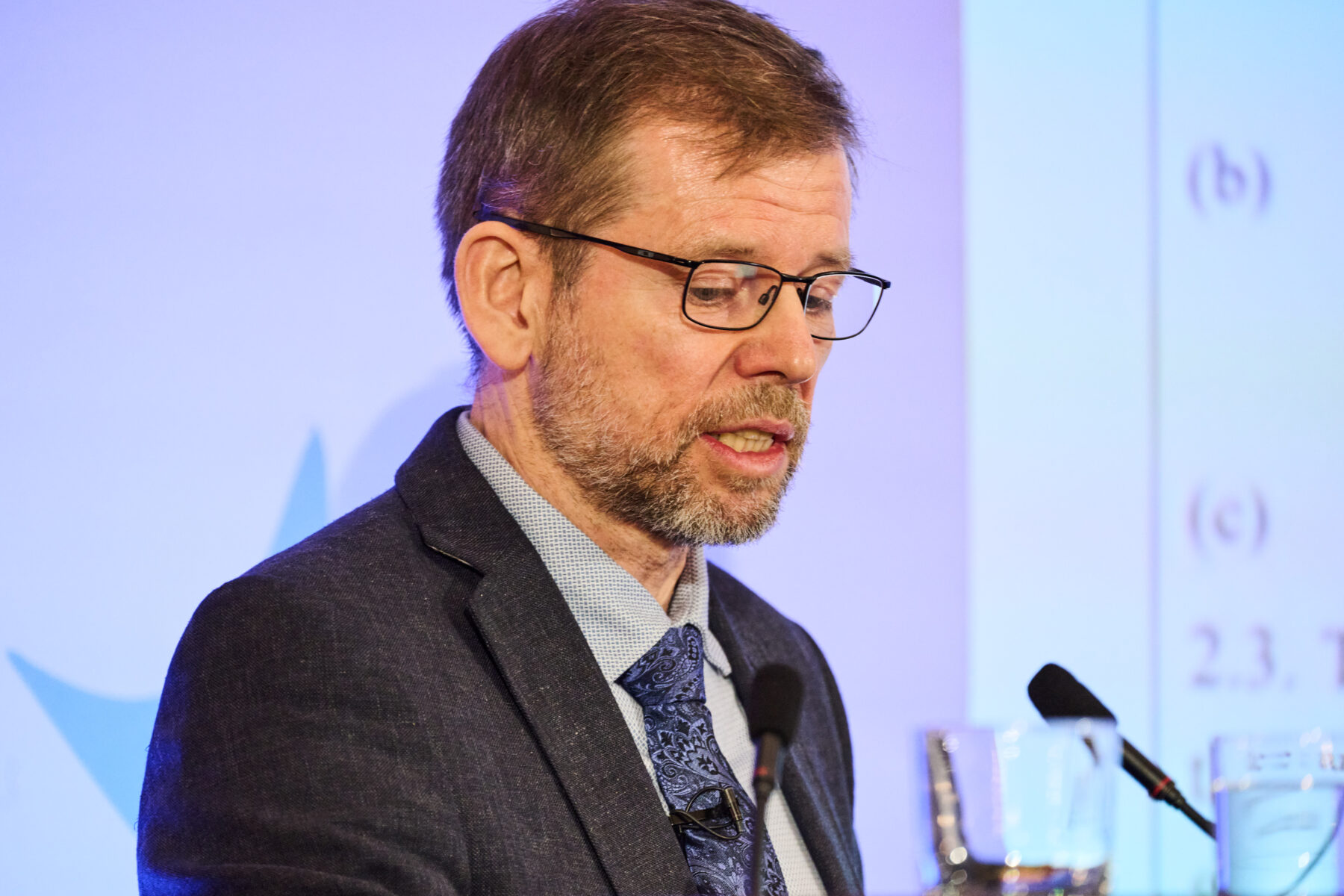
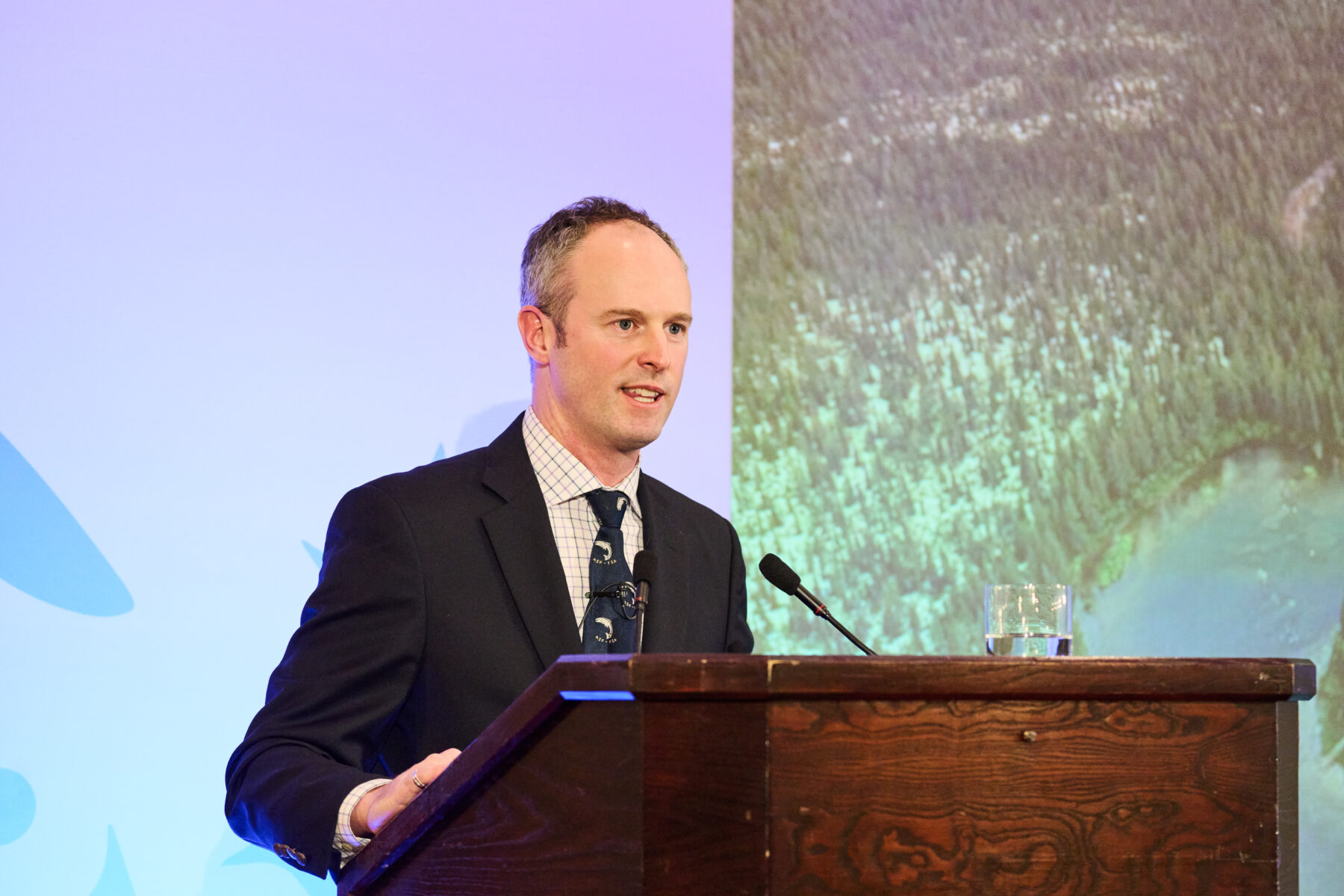
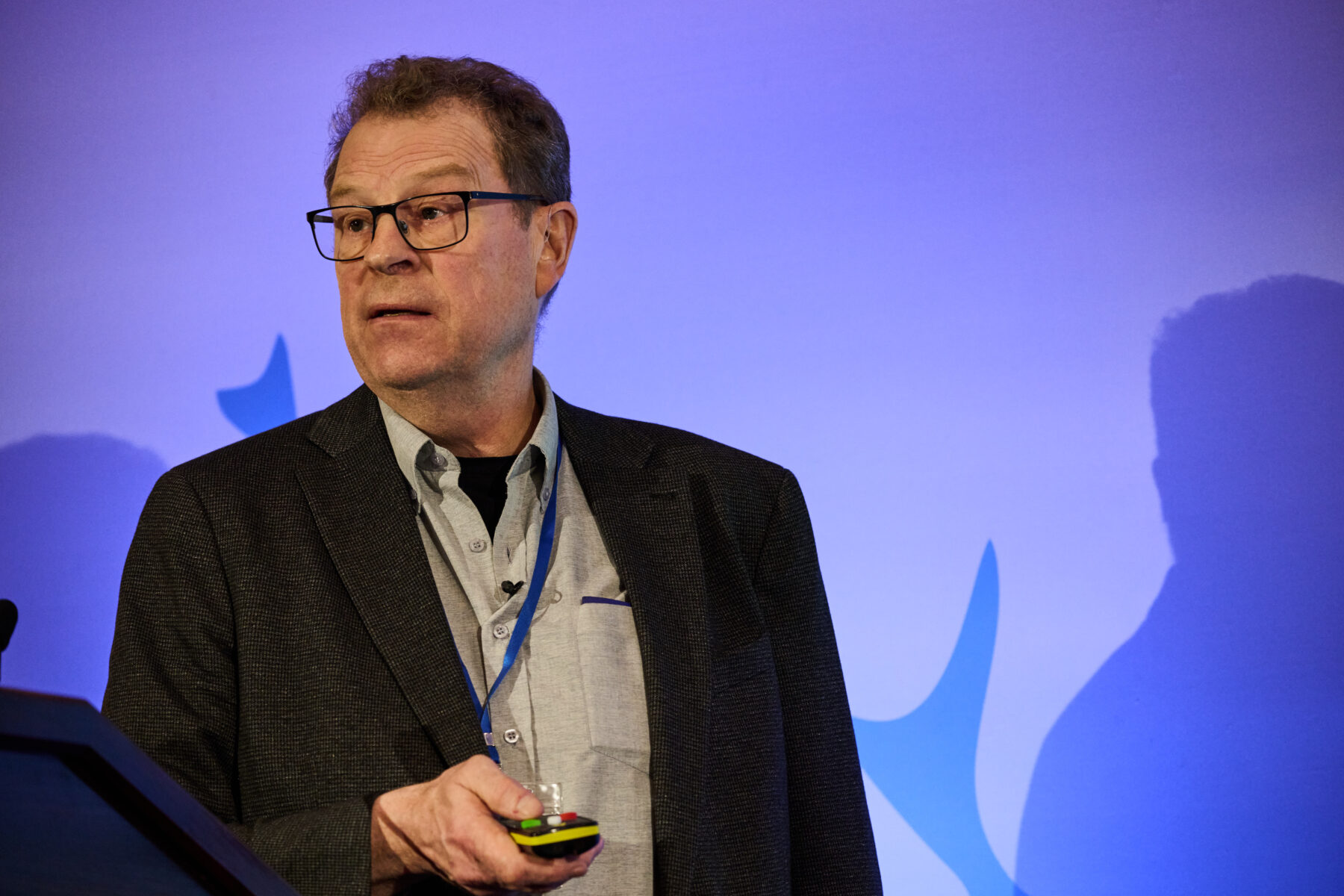
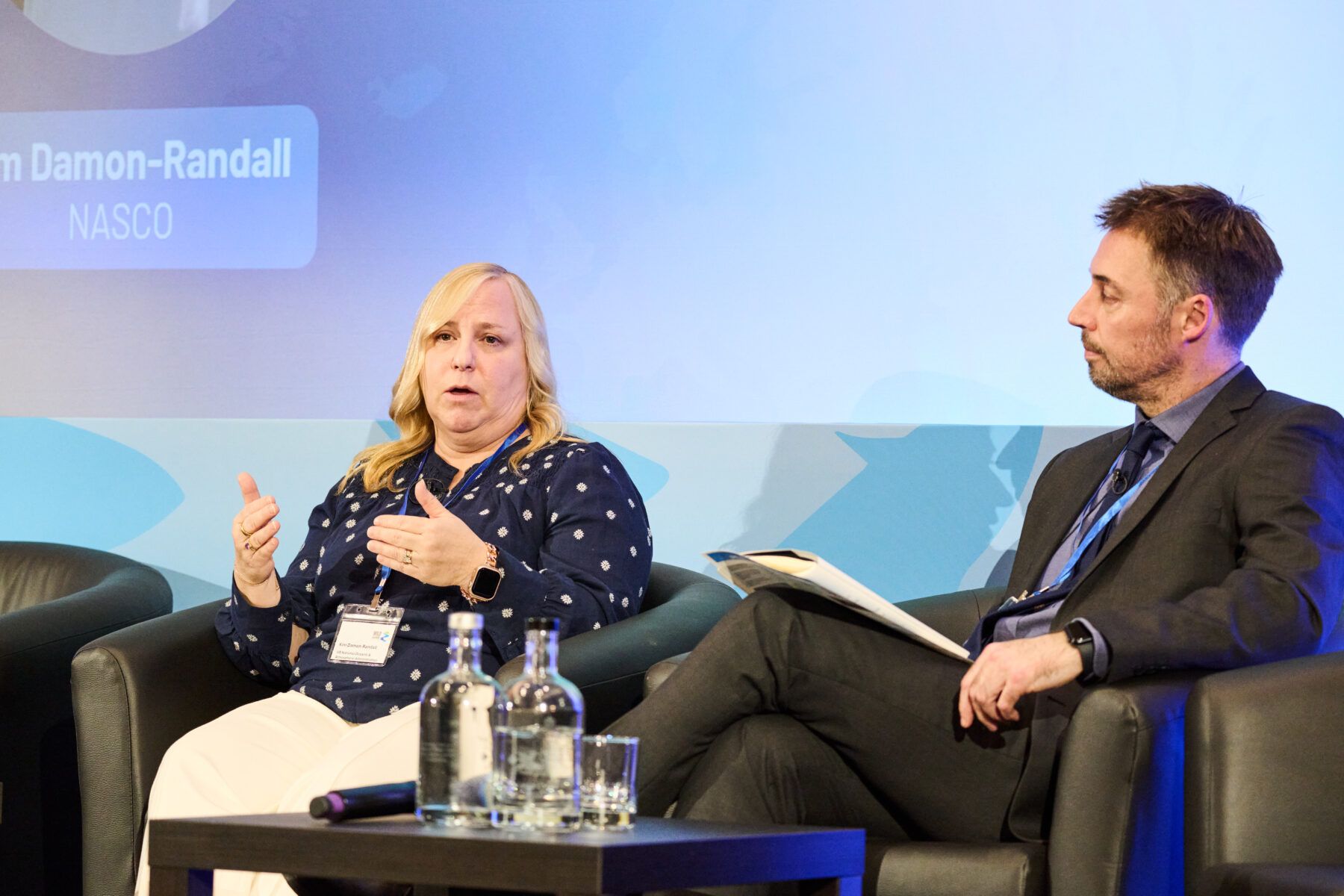
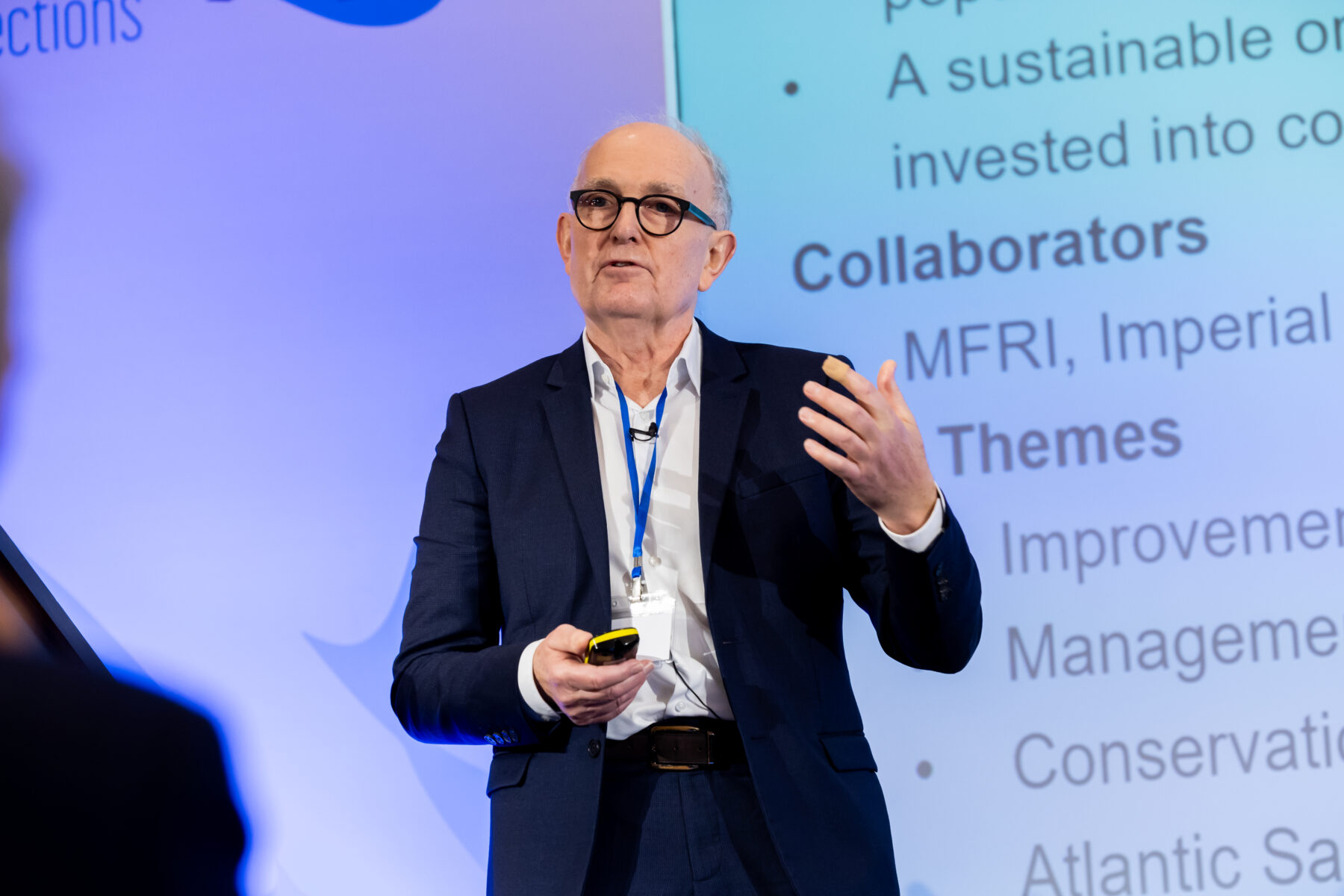
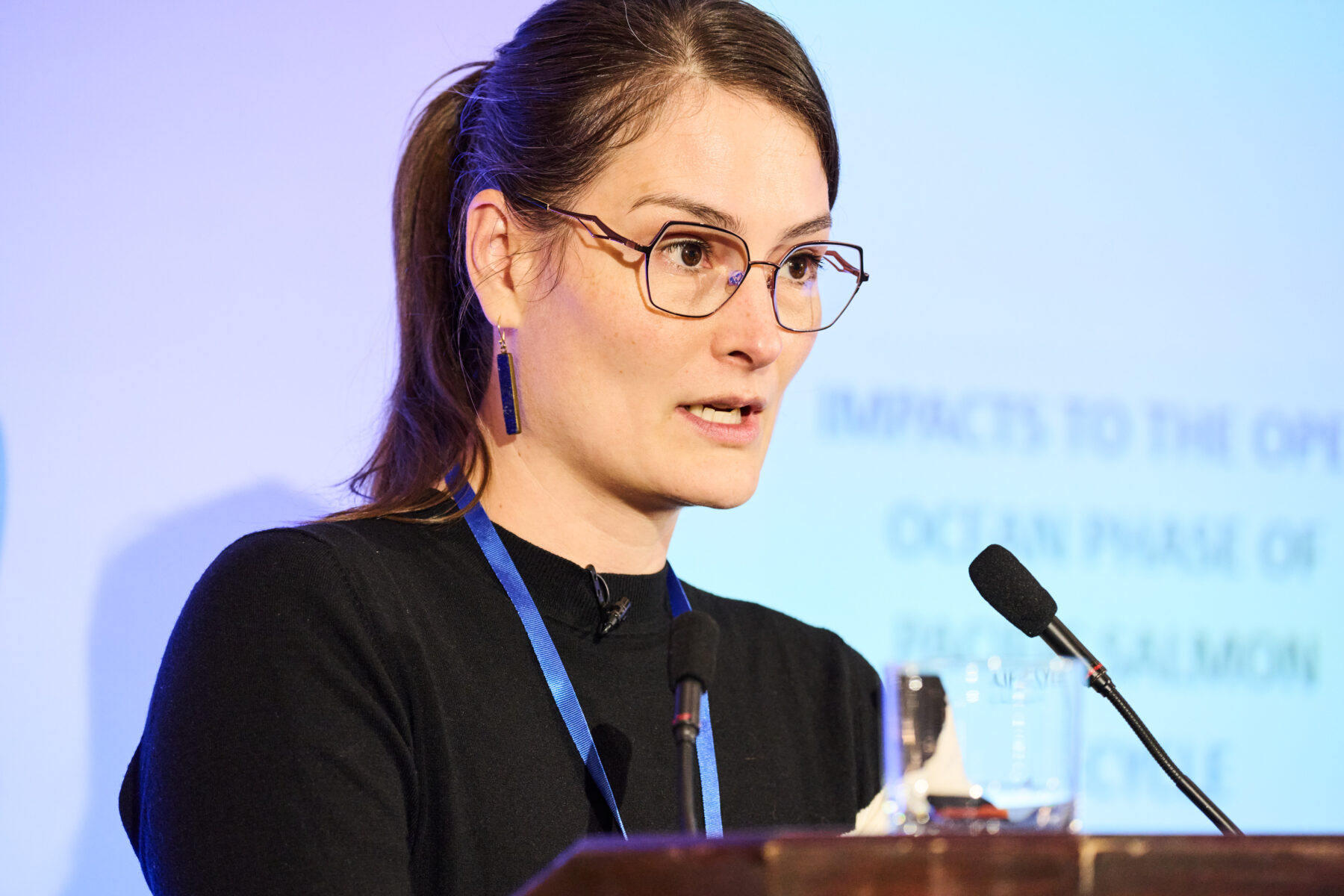
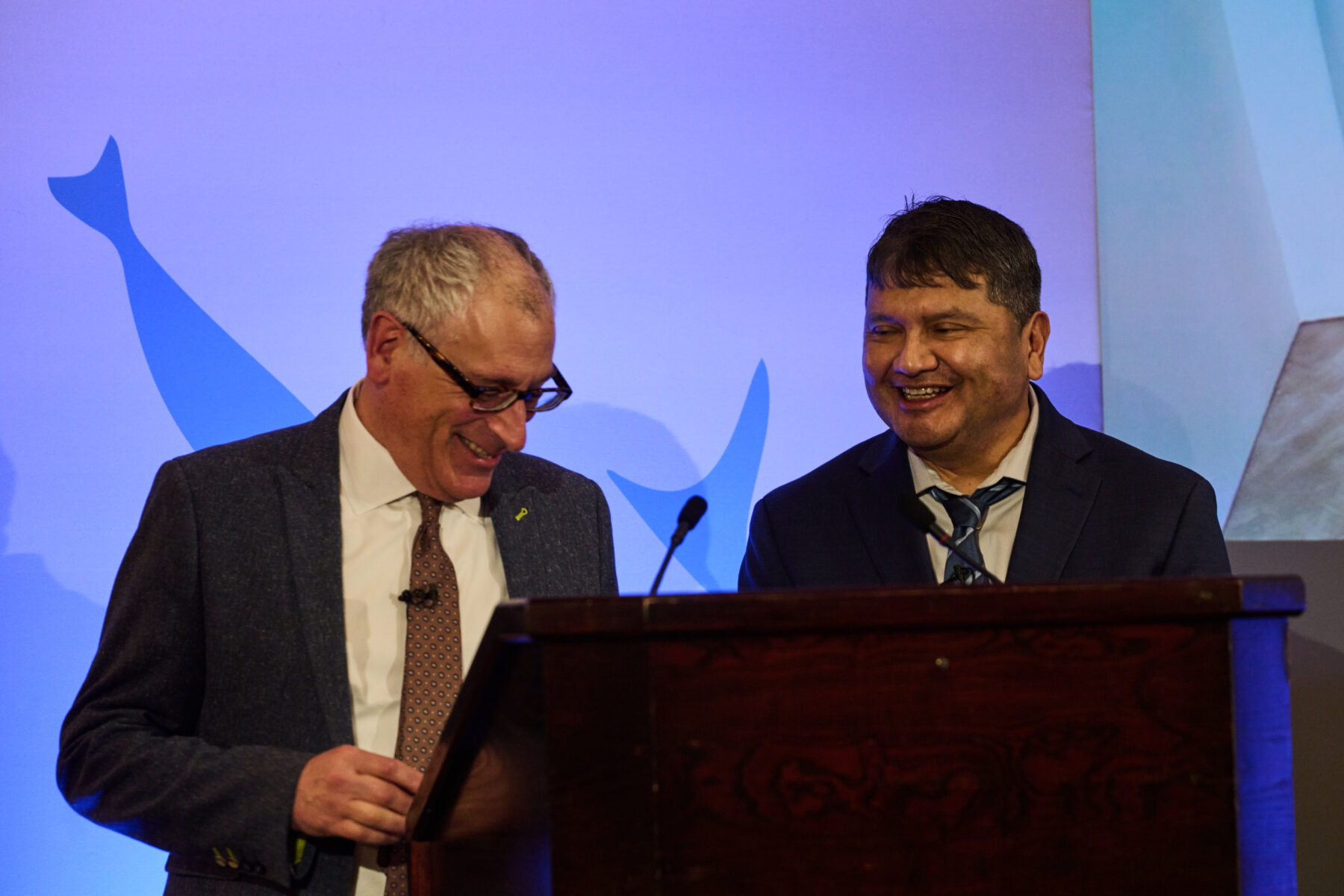
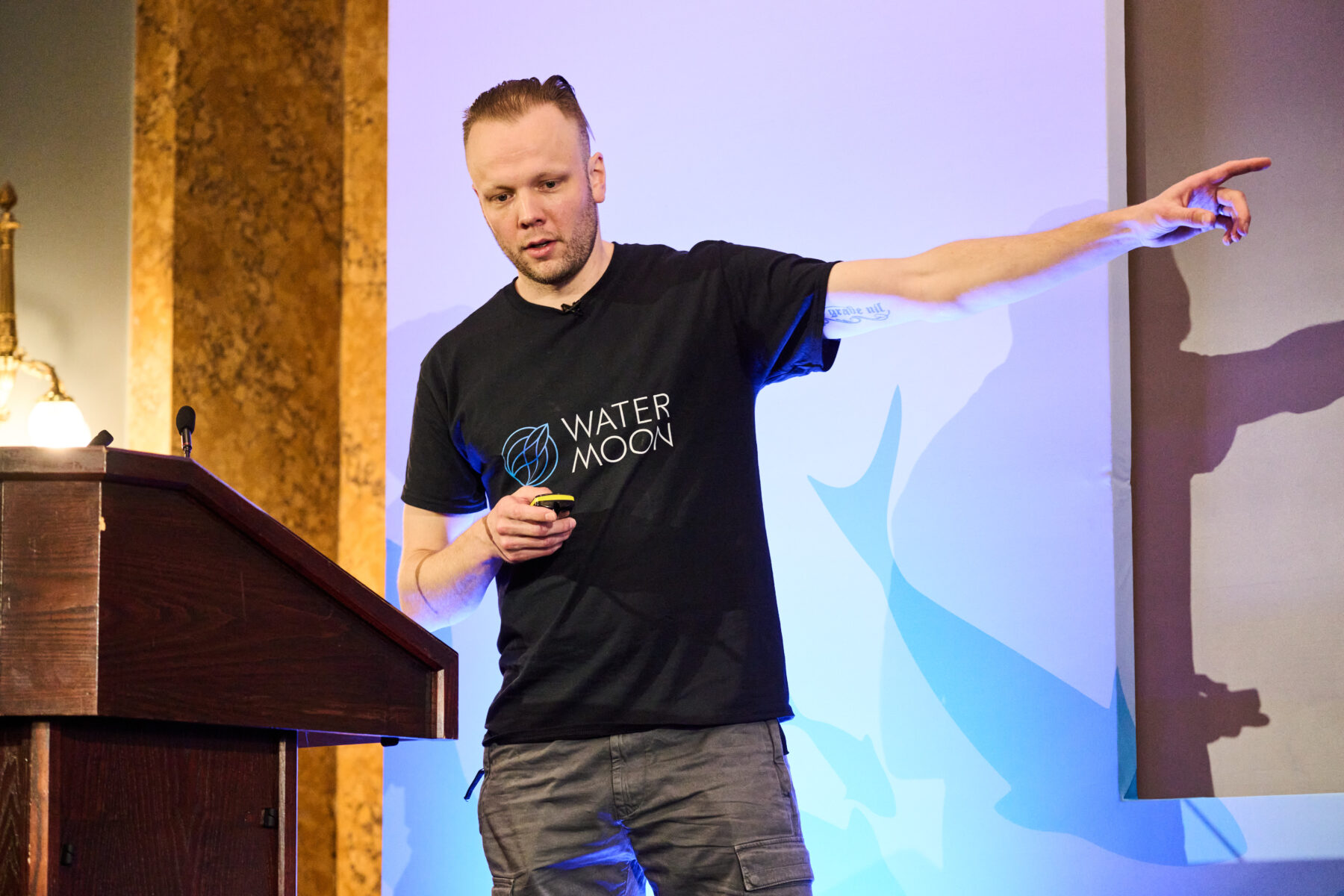
View all three days of the conference presentations
Day 1 Keynote Addresses & Session 1: Wild Salmon in Crisis
Featuring:
Mark Bilsby, Atlantic Salmon Trust/Missing Salmon Alliance
Thames Salmon School children
Fawn Sharp, Former President of the National Congress of American Indians
Professor Sir Dieter Helm, University of Oxford
Katrina Connors, Pacific Salmon Foundation
Dr Alan Walker, Cefas/ICES
Joseph Rossano – international environmental artist
Scott Schulyer – Upper Skagit Indian Tribe
Day 1 Session 2 & 3: The Health of our Environment and the Value of Salmon
Featuring:
Louie Porta, Atlantic Salmon Federation
Mark Lloyd, Rivers Trust
Ann Willis, American Rivers
Caro Cowan, Marine Directorate/Scottish Government
Elle Adams, Findhorn Watershed Initiative
Robert Otto, Atlantic Salmon Federation; and Mark Owen, Angling Trust
Day 1 Session 3 – 5: The Value of Salmon and Healthy Ecosystems
Featuring:
Lara Stroh, Atlantic Salmon Trust Ambassador for Germany
Fawn Sharp, National Congress of American Indians
Elle Adams, Findhorn Watershed Initiative
Guðni Guðbergsson, Marine and Freshwater Research Institute Iceland
Dr Jack Bloomer, Tyne Rivers Trust
Mark Bilsby, Atlantic Salmon Trust/Missing Salmon Alliance
Day 2 Keynote Addresses & Session 1: Addressing Climate Change
Featuring:
Dr Alan Wells, Missing Salmon Alliance
Mairi Gougeon MSP, Scottish Cabinet Secretary for Rural Affairs, Land Reform & Islands
Andreas Bjelland Eriksen, Norwegian Minister of Climate and Environment
Jason Hwang, Pacific Salmon Foundation
Valérie Ouellet, Atlantic Salmon Federation
Jacques White, Long Live the Kings
Day 2 Session 2-3: Fisheries, Bycatch & Aquaculture
Featuring:
Dr Sophie Elliot, Game & Wildlife Conservation Trust
Hannah Rudd, Angling Trust
Dr Tom Appleby, Blue Marine Foundation
Actor and activist, Jim Murray
Pål Mugaas, Norske Lakseelver
Anne Anderson, Scottish Sea Farms
Sondre Eide, Eide Fjordbruck
Robert Otto, Atlantic Salmon Federation
Day 2 Session 4: Cold, Clean Water in Free-Flowing Rivers
Featuring:
Alison Matthews, The Rivers Trust
Actor and activist, Jim Murray MBE
Torfinn Evensen, Norske Lakseelver
Dr Lorraine Hawkins, River Dee
Nathan Wilbur, Atlantic Salmon Federation
Day 2 Session 5 & 6: Leadership for Salmon, People and the Planet
Featuring:
Dr Kathryn Berry, PICES
Dr Jon Emery, Missing Salmon Alliance
Kim Damon-Randall, North Atlantic Salmon Conservation Organization (NASCO)
Dr Alan Wells, Missing Salmon Alliance
Daniel Zeichner MP, UK Minister of State for Food Security and Rural Affairs
Day 3 Keynote Address & Session 1: Scaling Up River Restoration
Featuring:
Mark Lloyd, The Rivers Trust/Missing Salmon Alliance
Alastair Fothergill OBE, Silverback Films
Dr Ann Willis, American Rivers
Mike Meneer, Pacific Salmon Foundation
Teresa Dent CBE, Game & Wildlife Conservation Trust
Day 3 Session 2: Investment Ready for Nature Finance
Featuring:
Peter Williams, Six Rivers Iceland
Allison Colina, Pacific Salmon Foundation
Alex Adam, The Rivers Trust
Charlotte Harrington, BELU
Jonathon Muir, Atlantic Salmon Trust
Mark Saunders, International Year of the Salmon
Pedro Landale, Missing Salmon Alliance